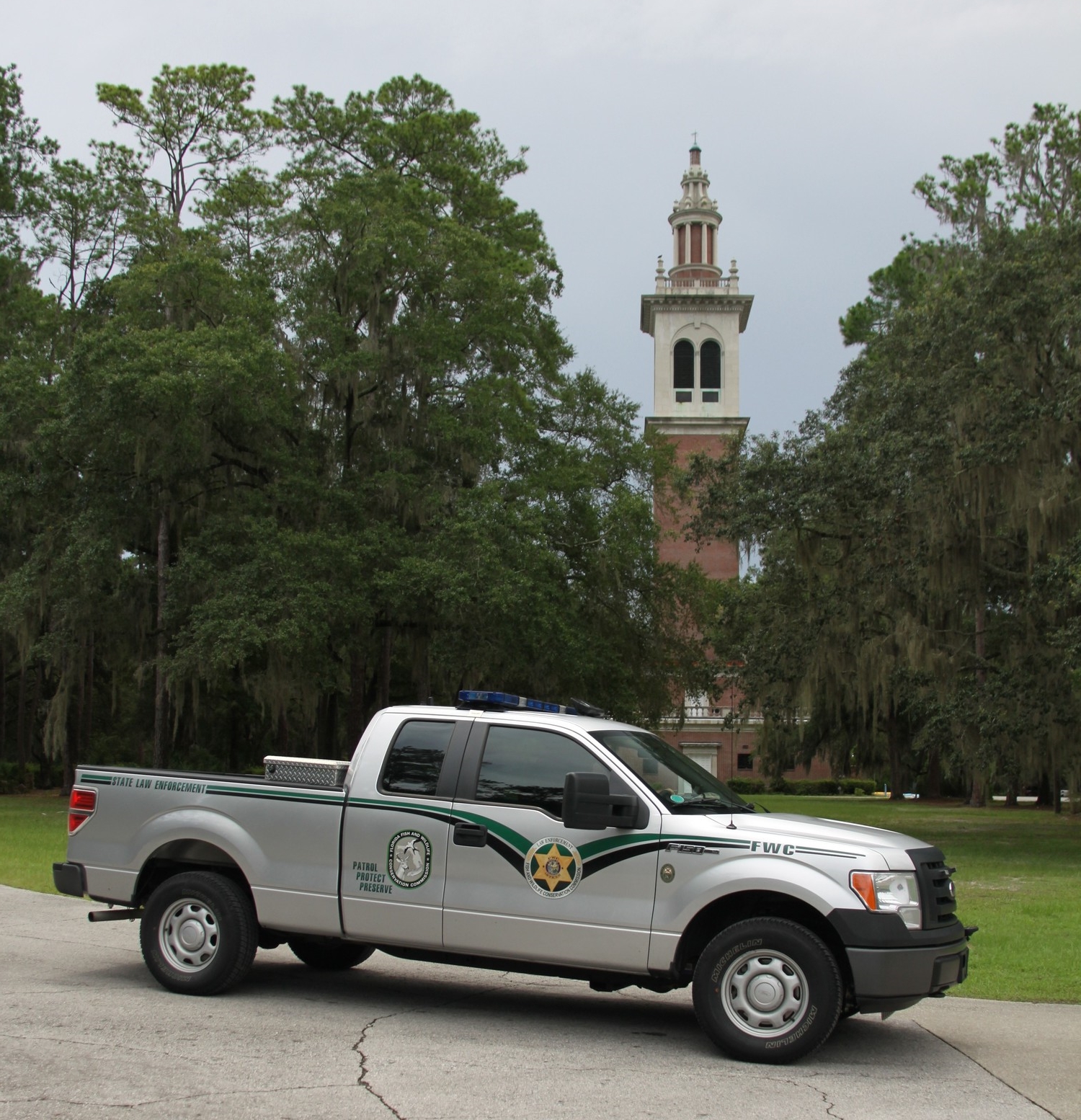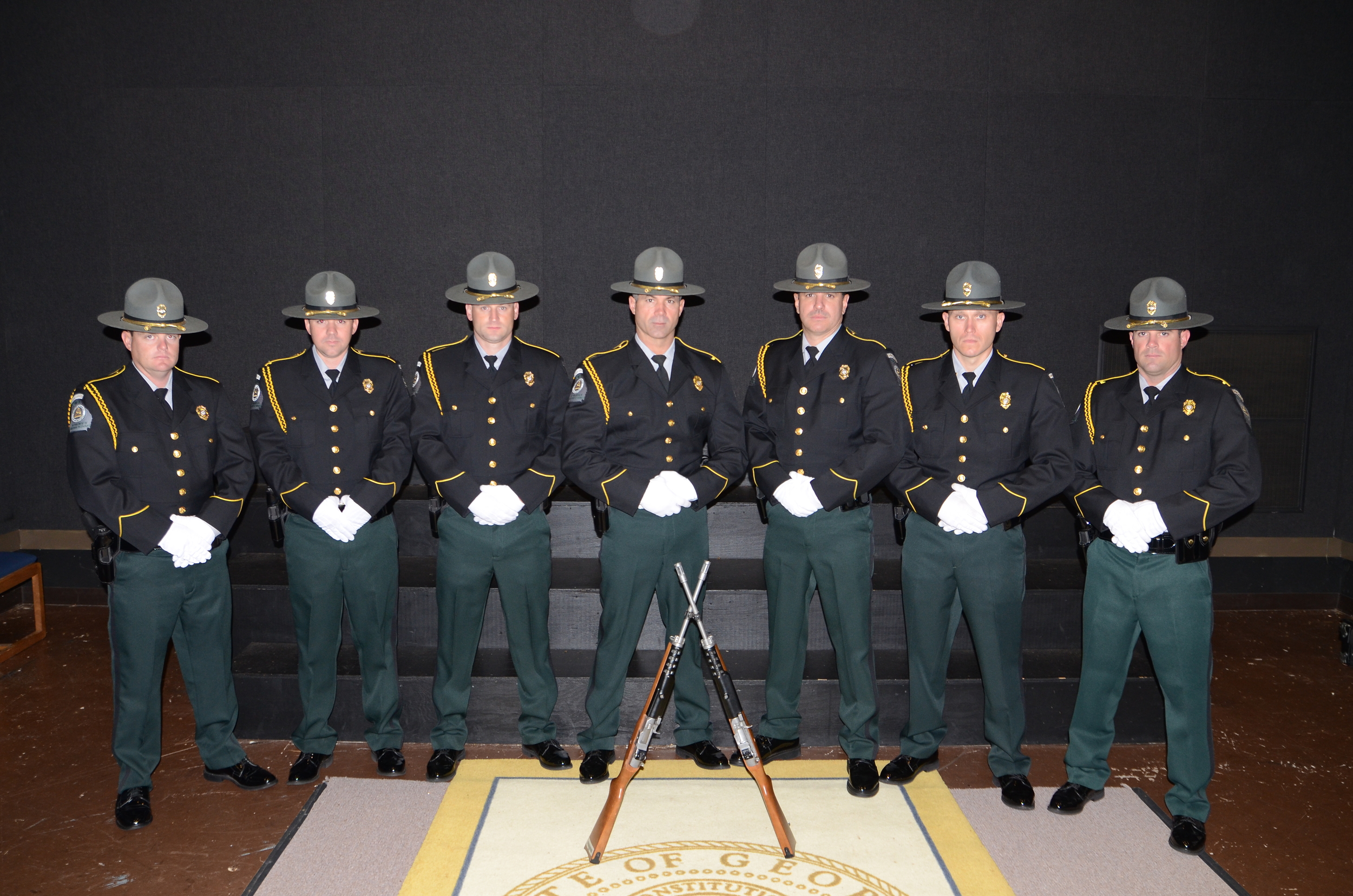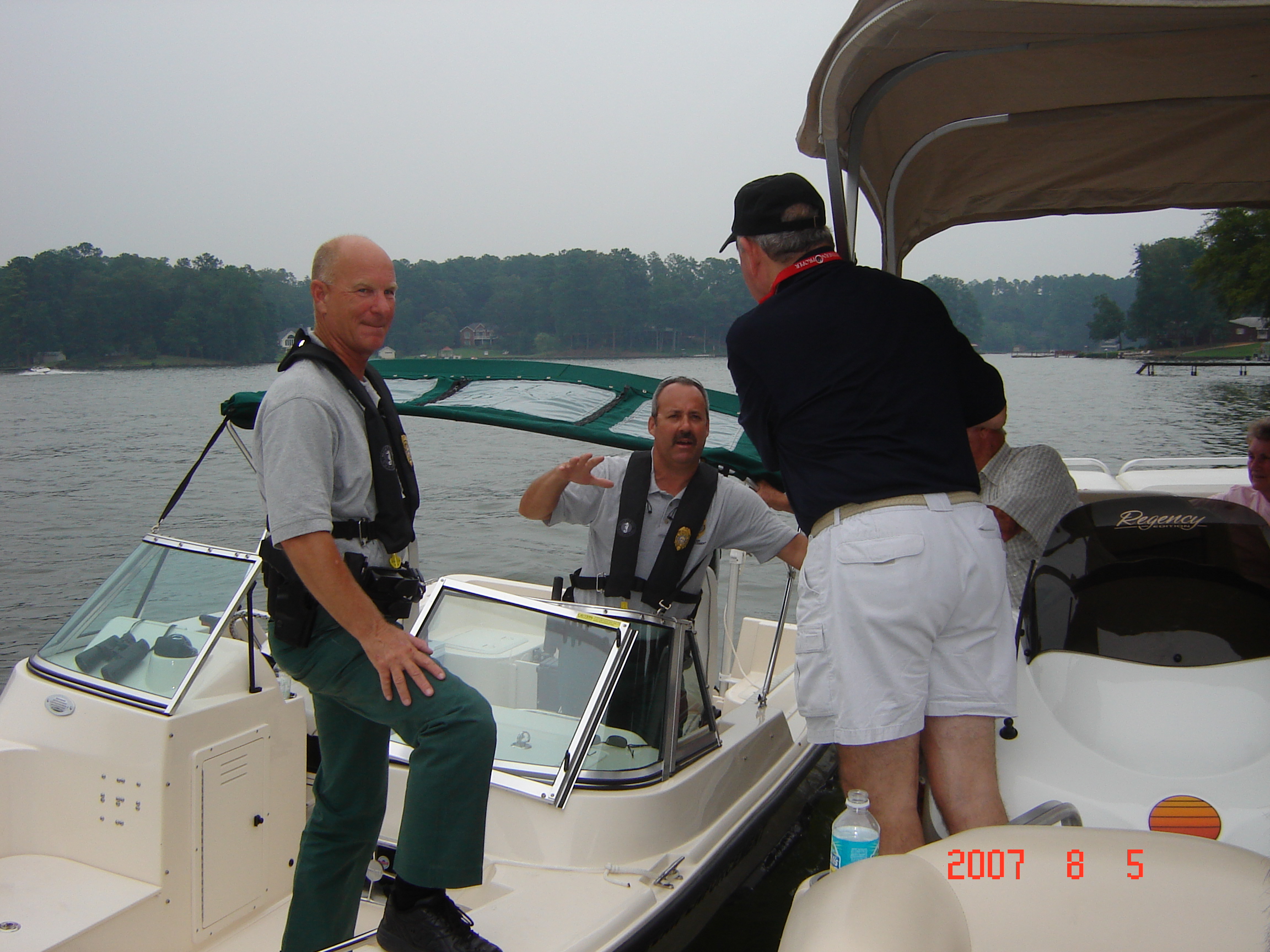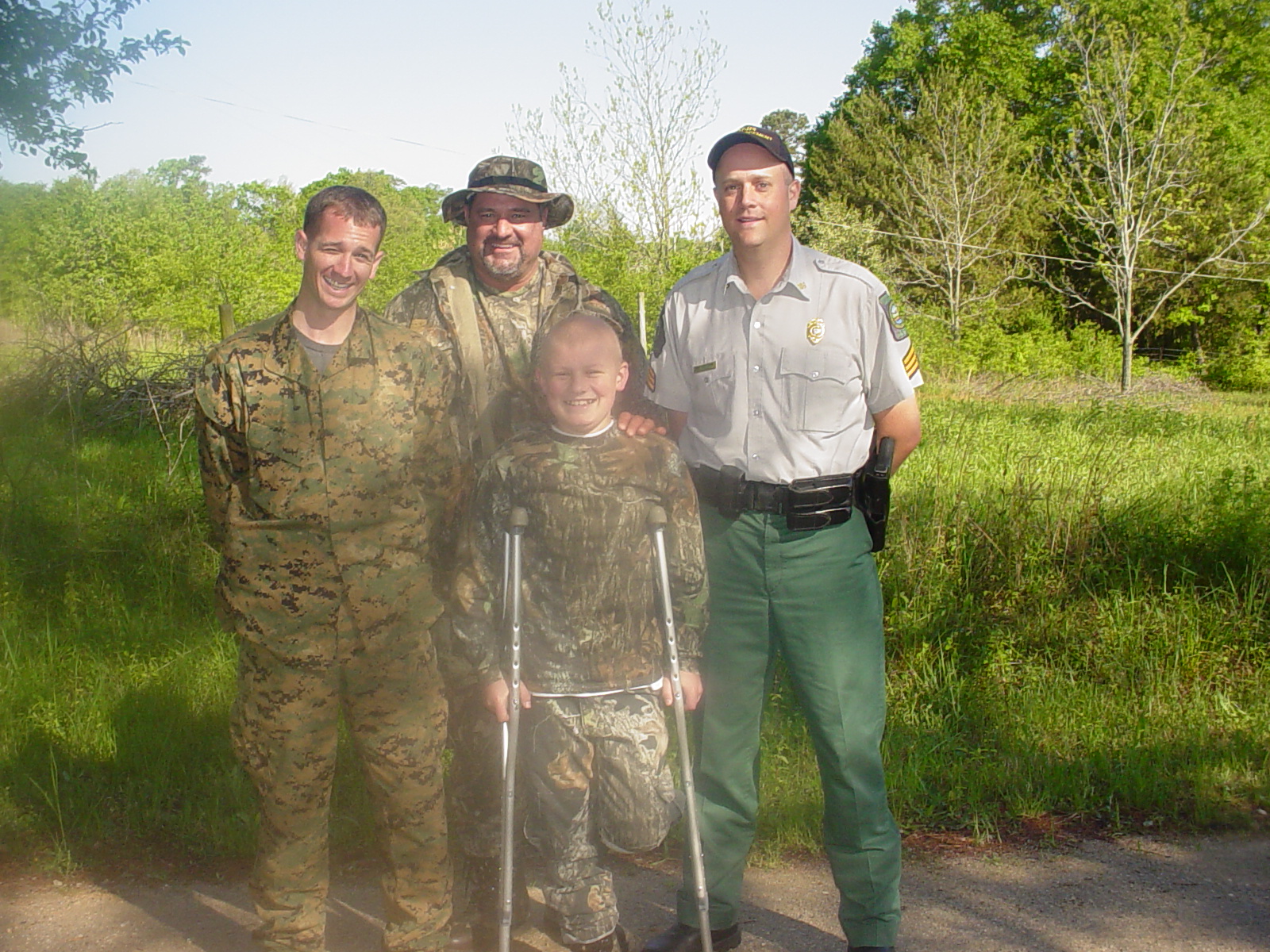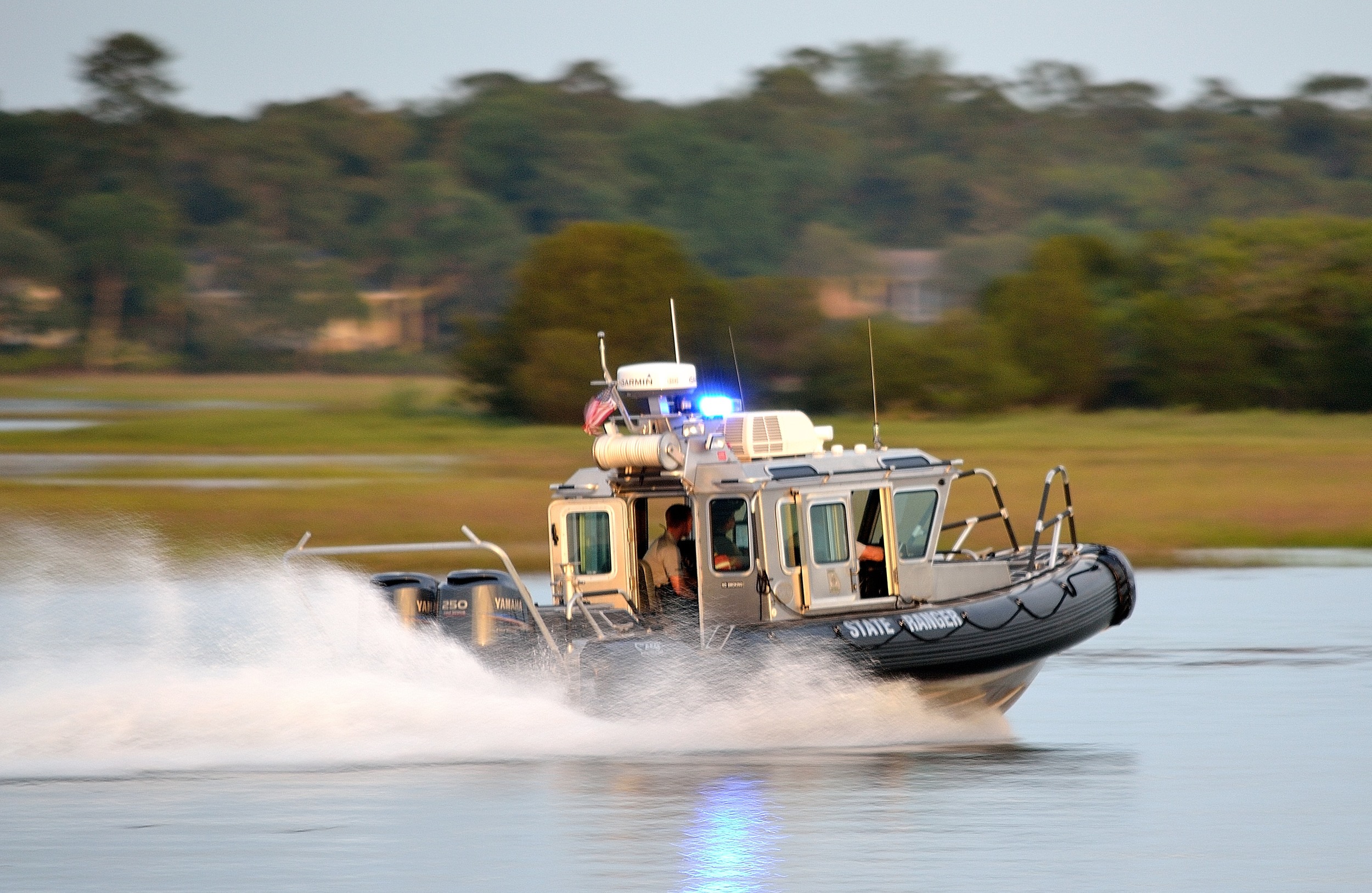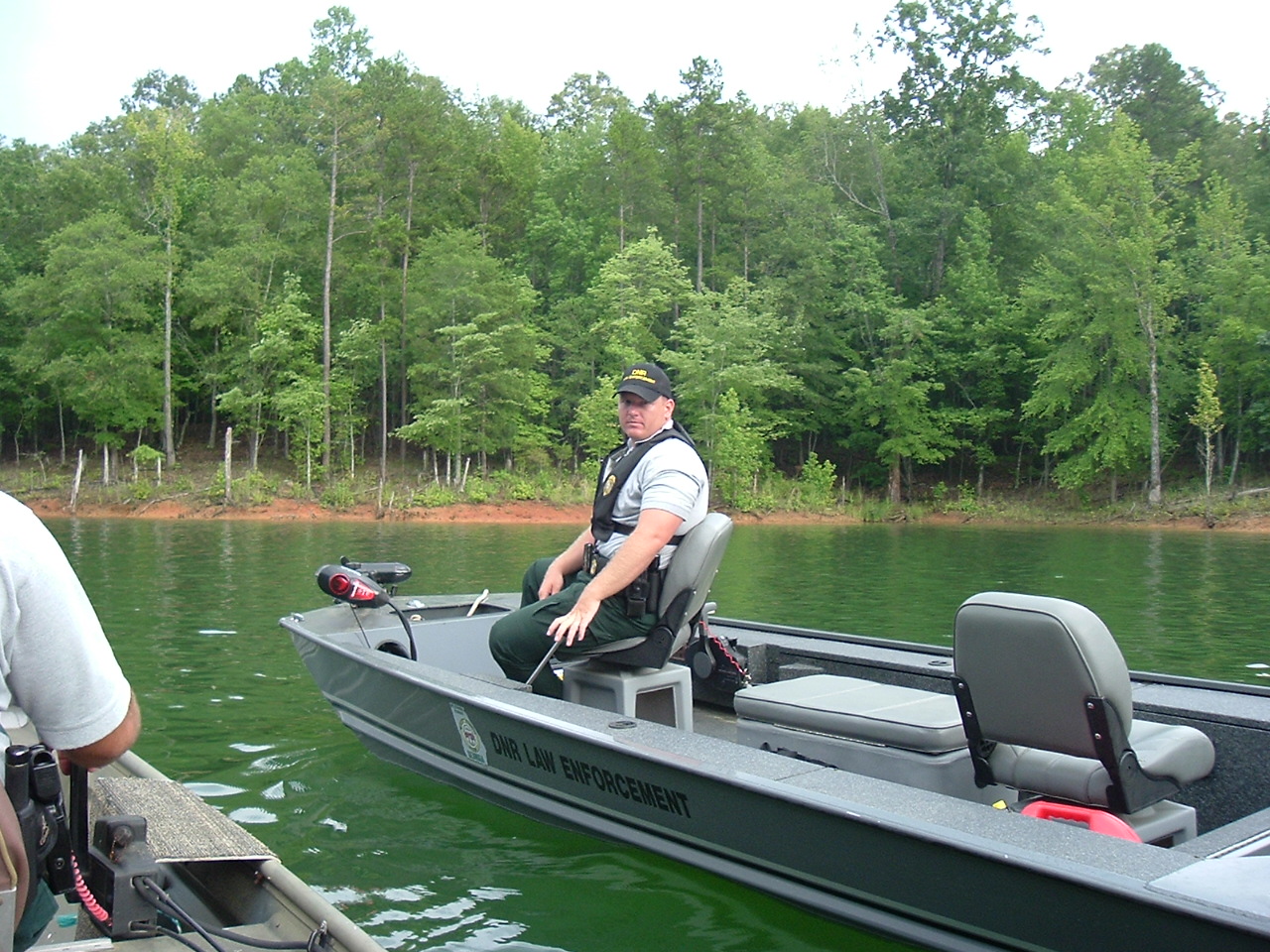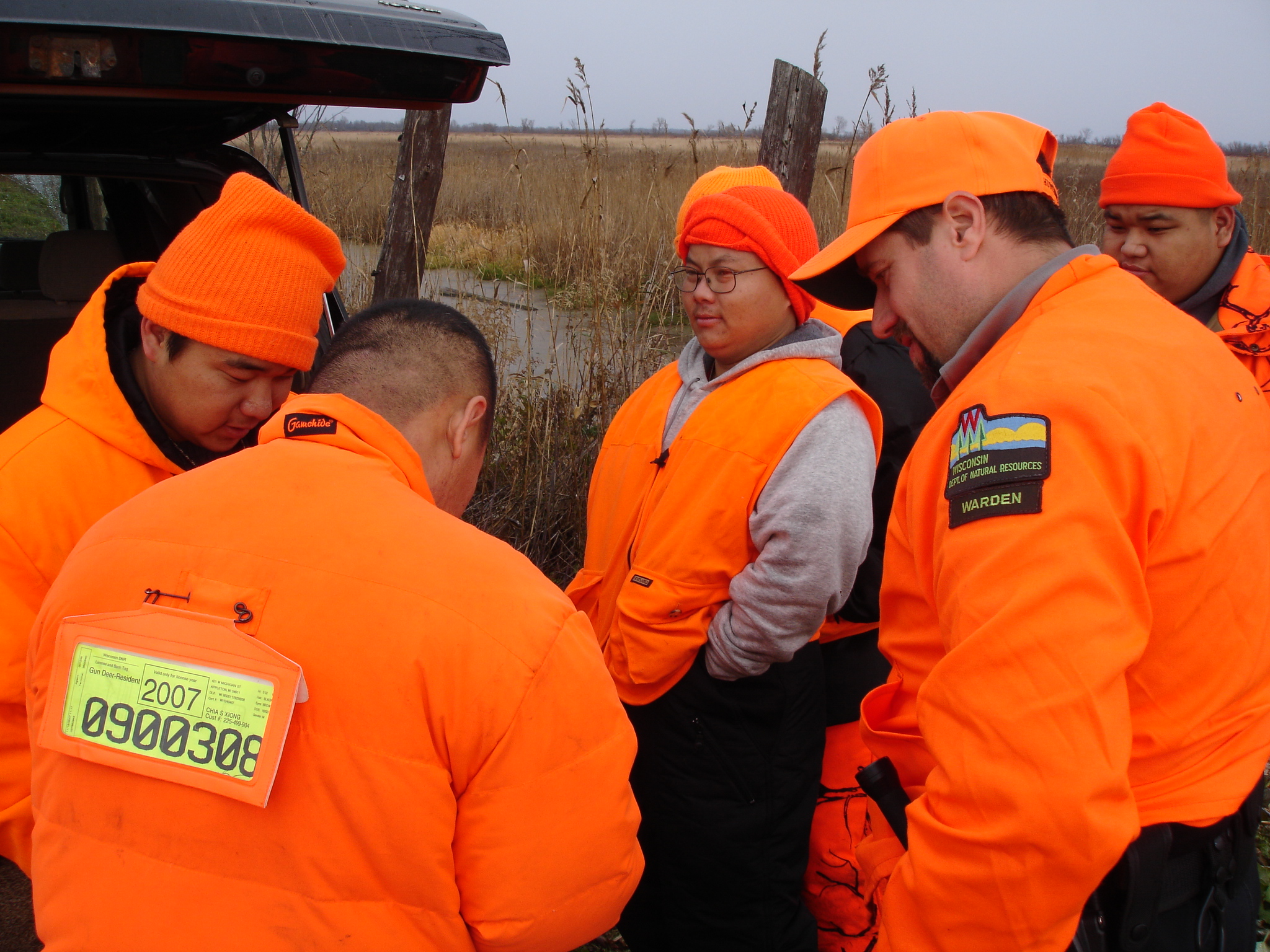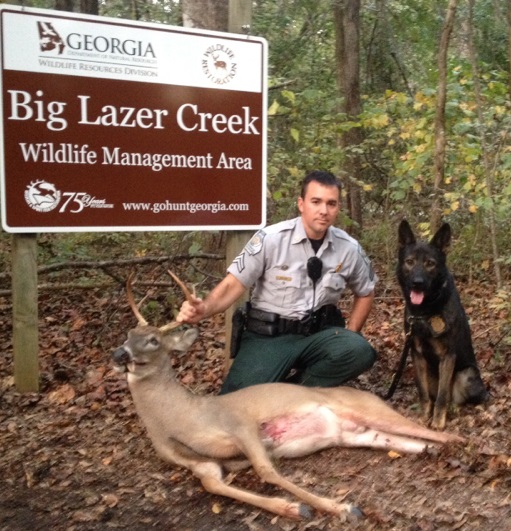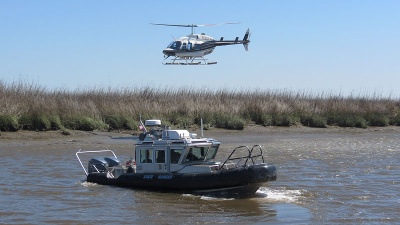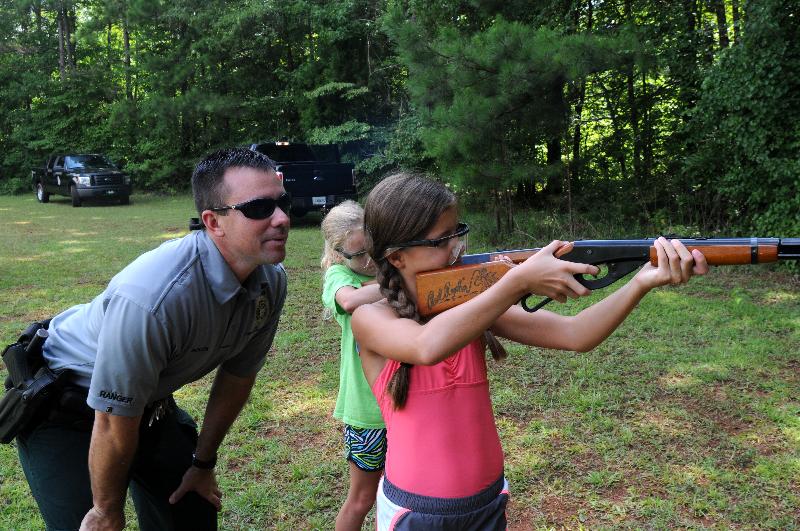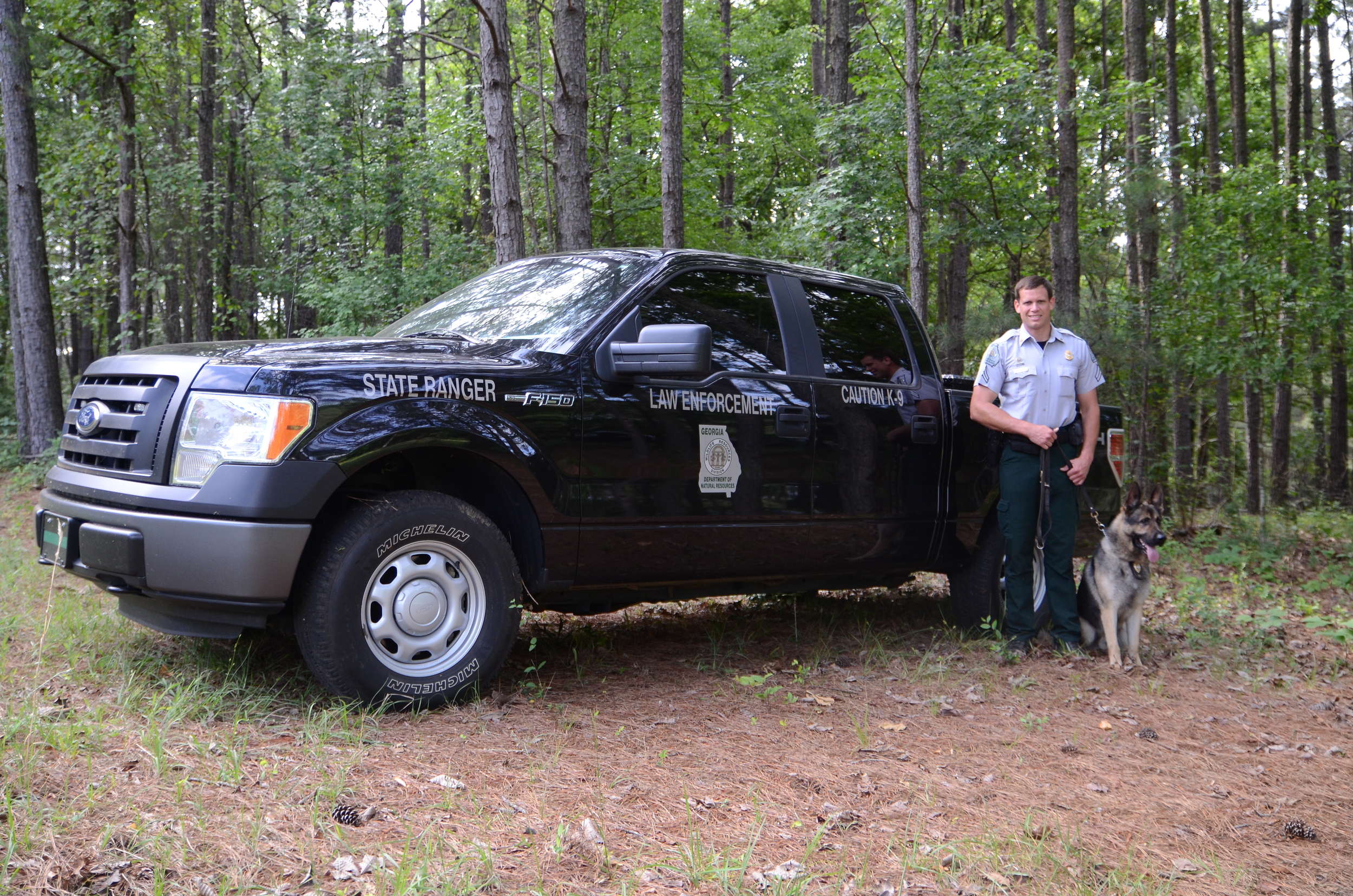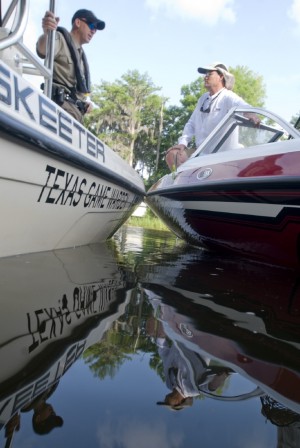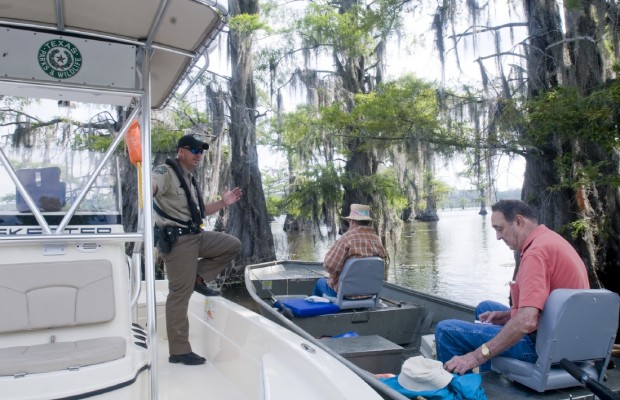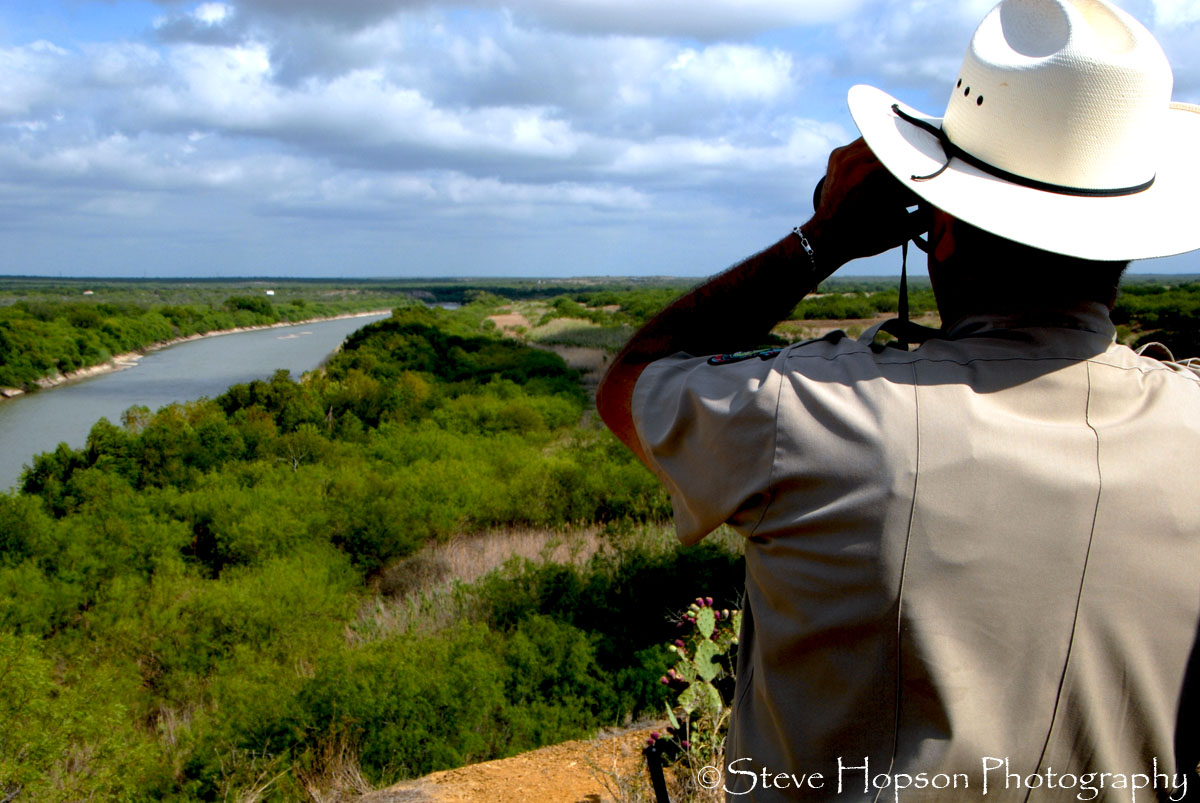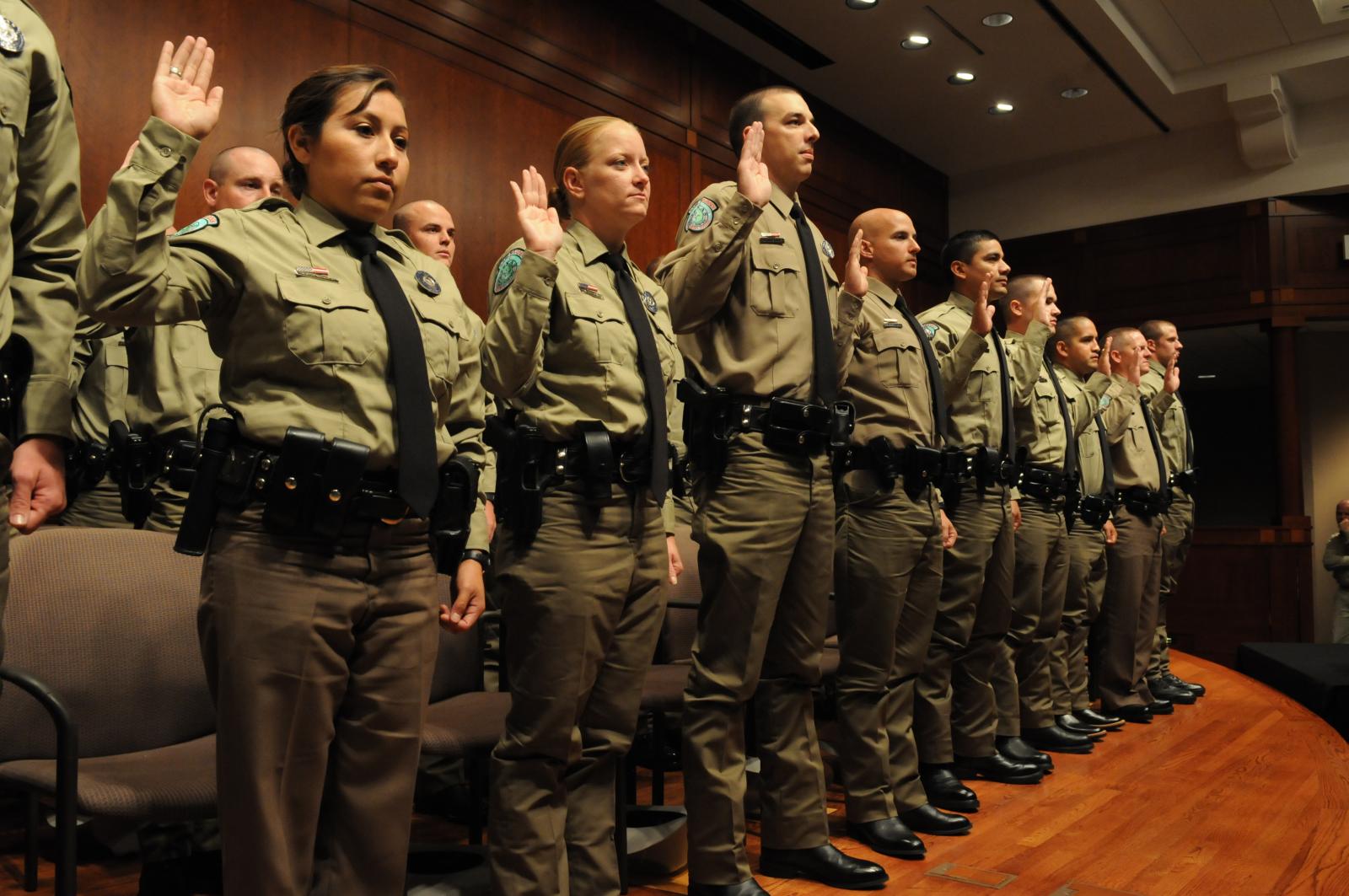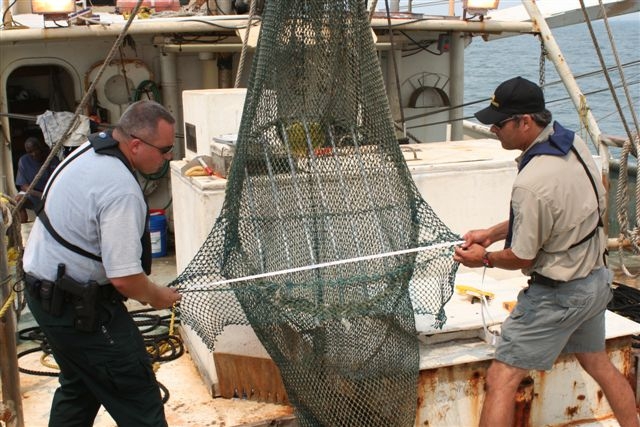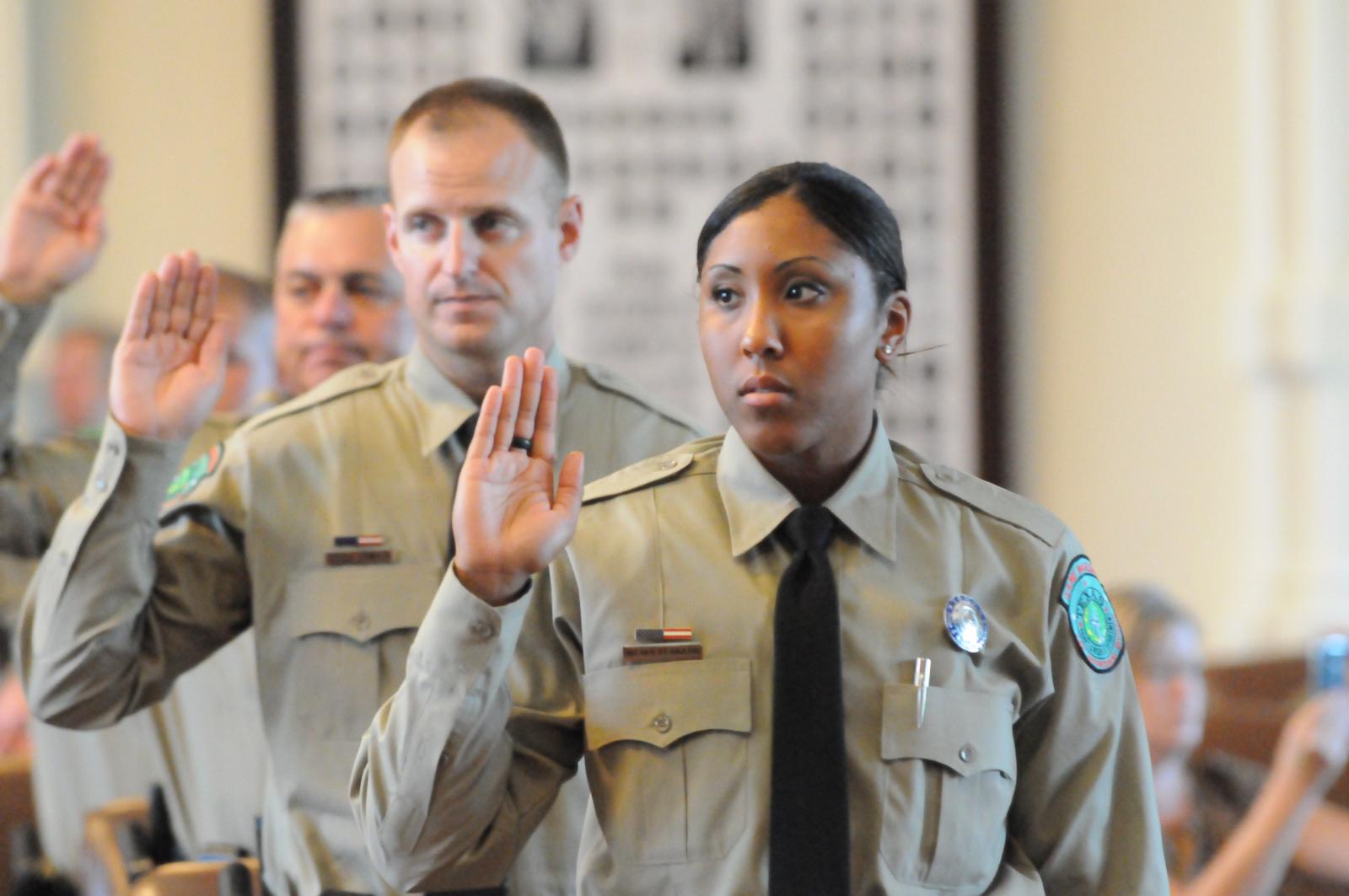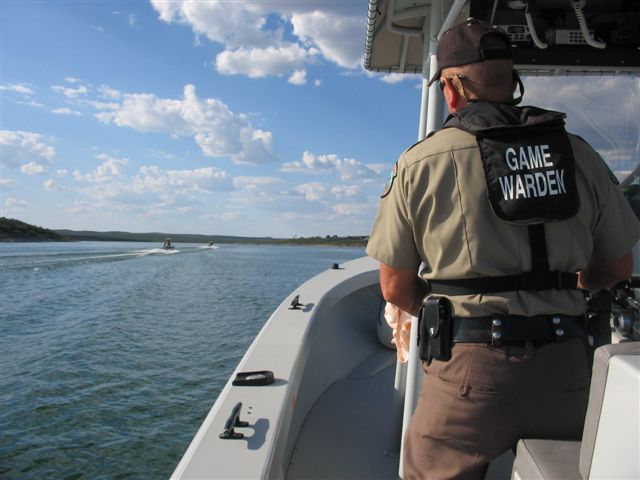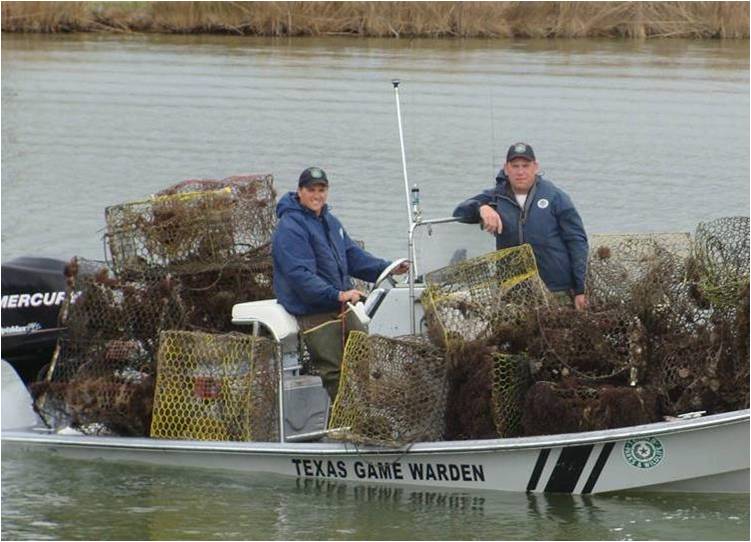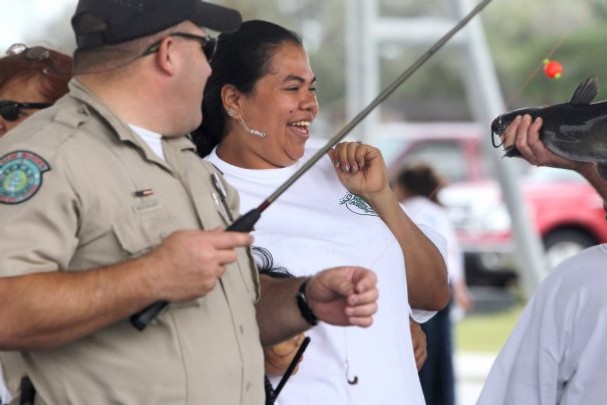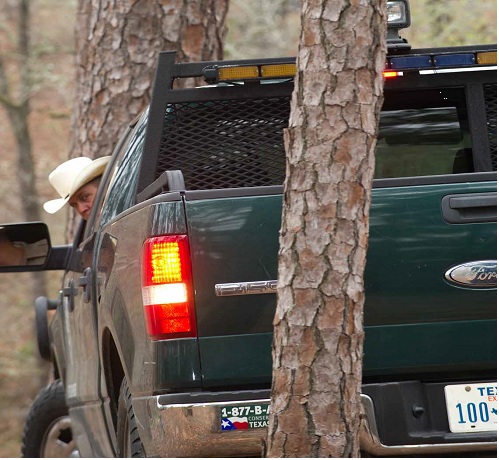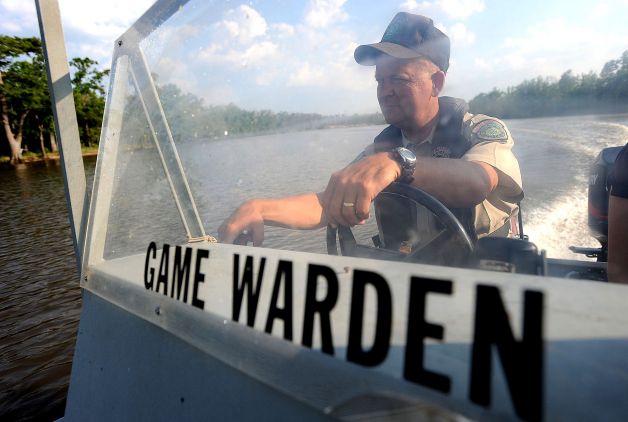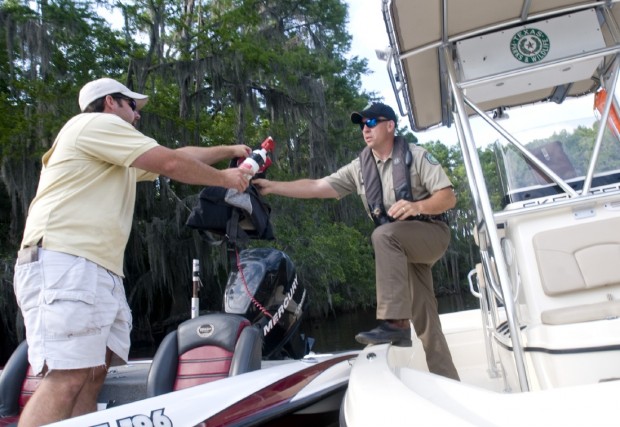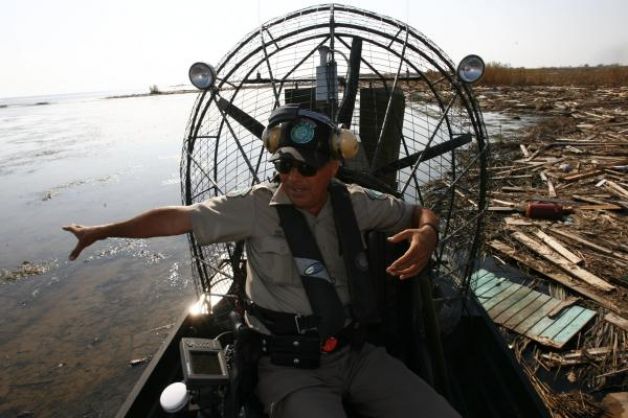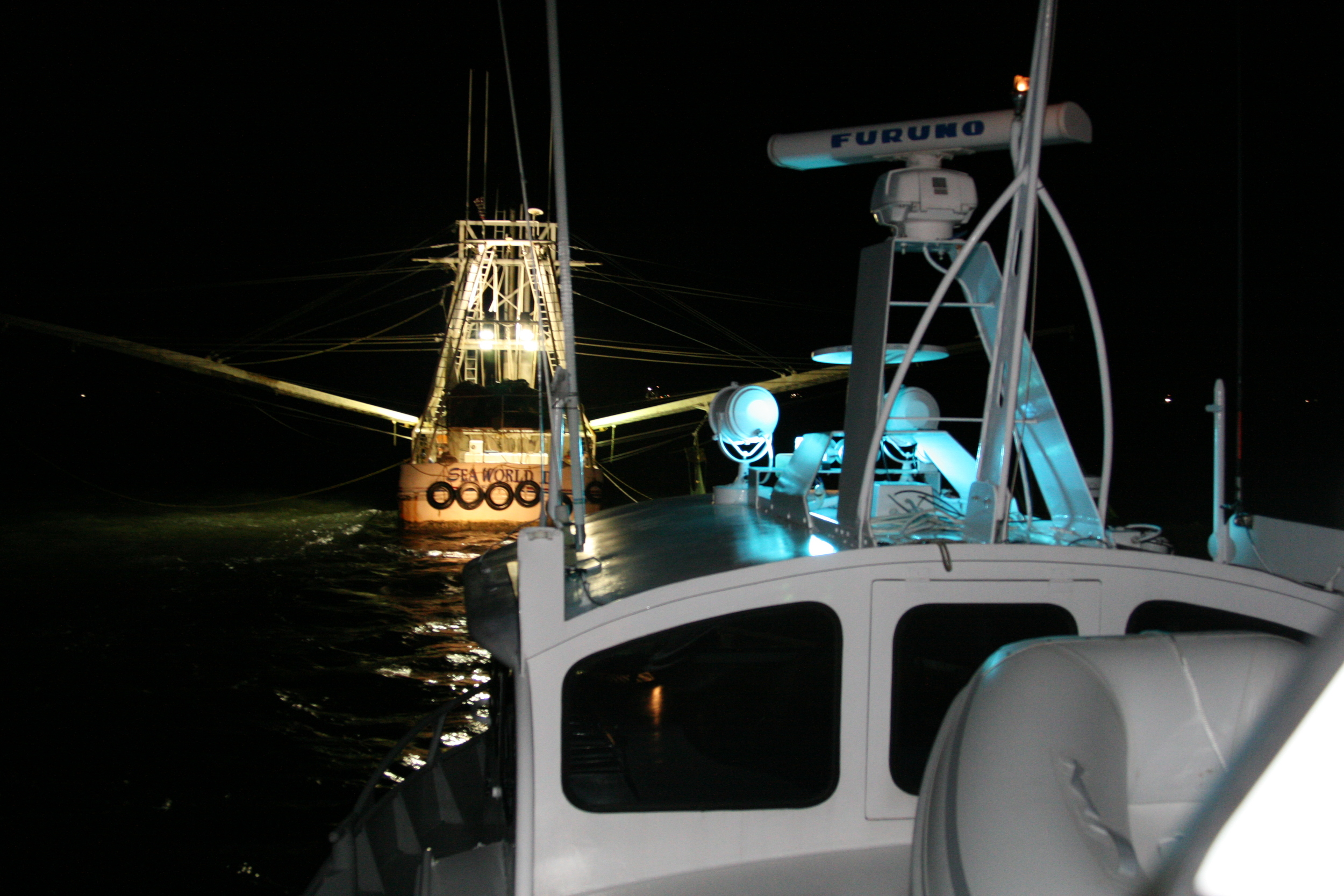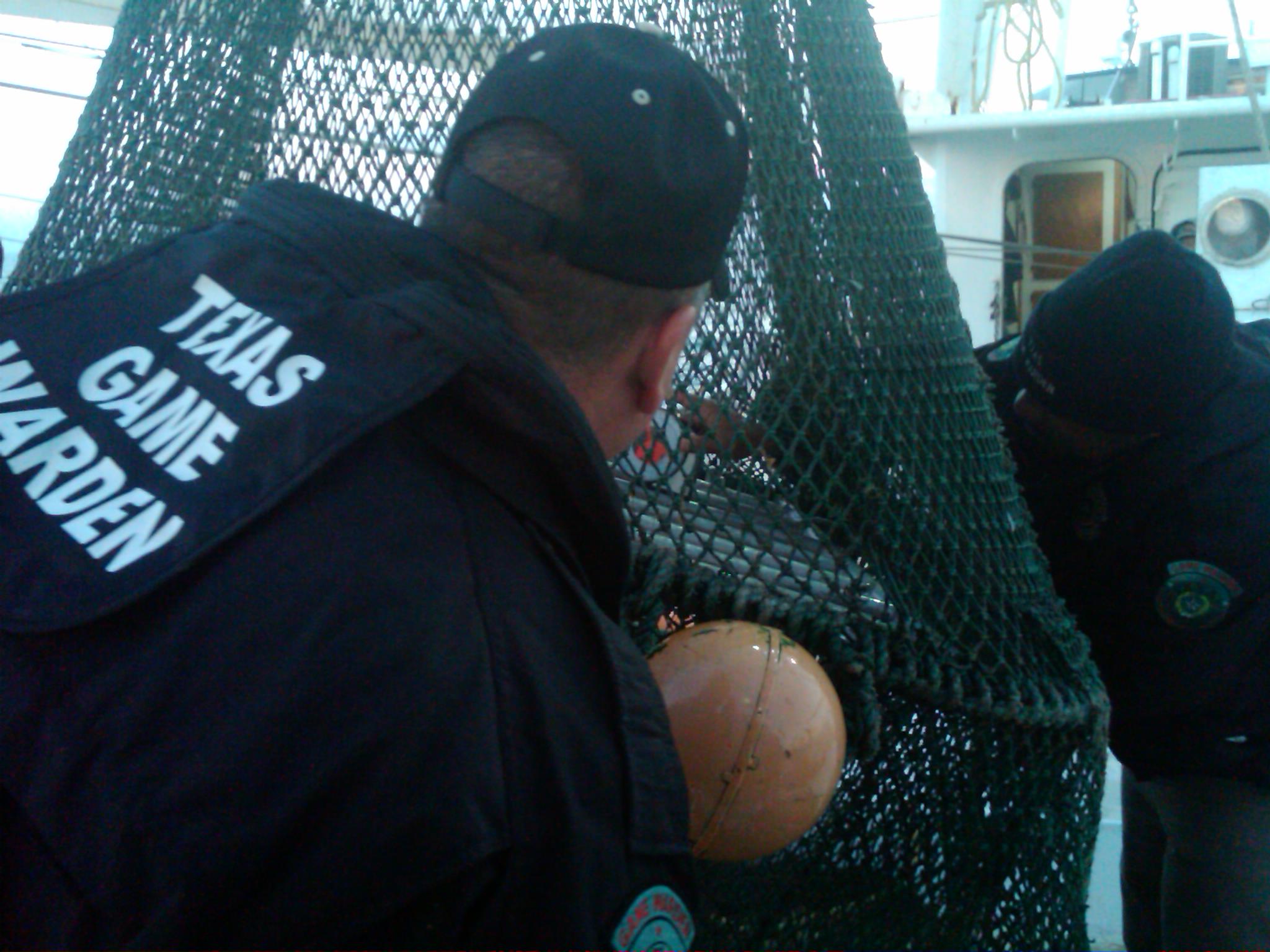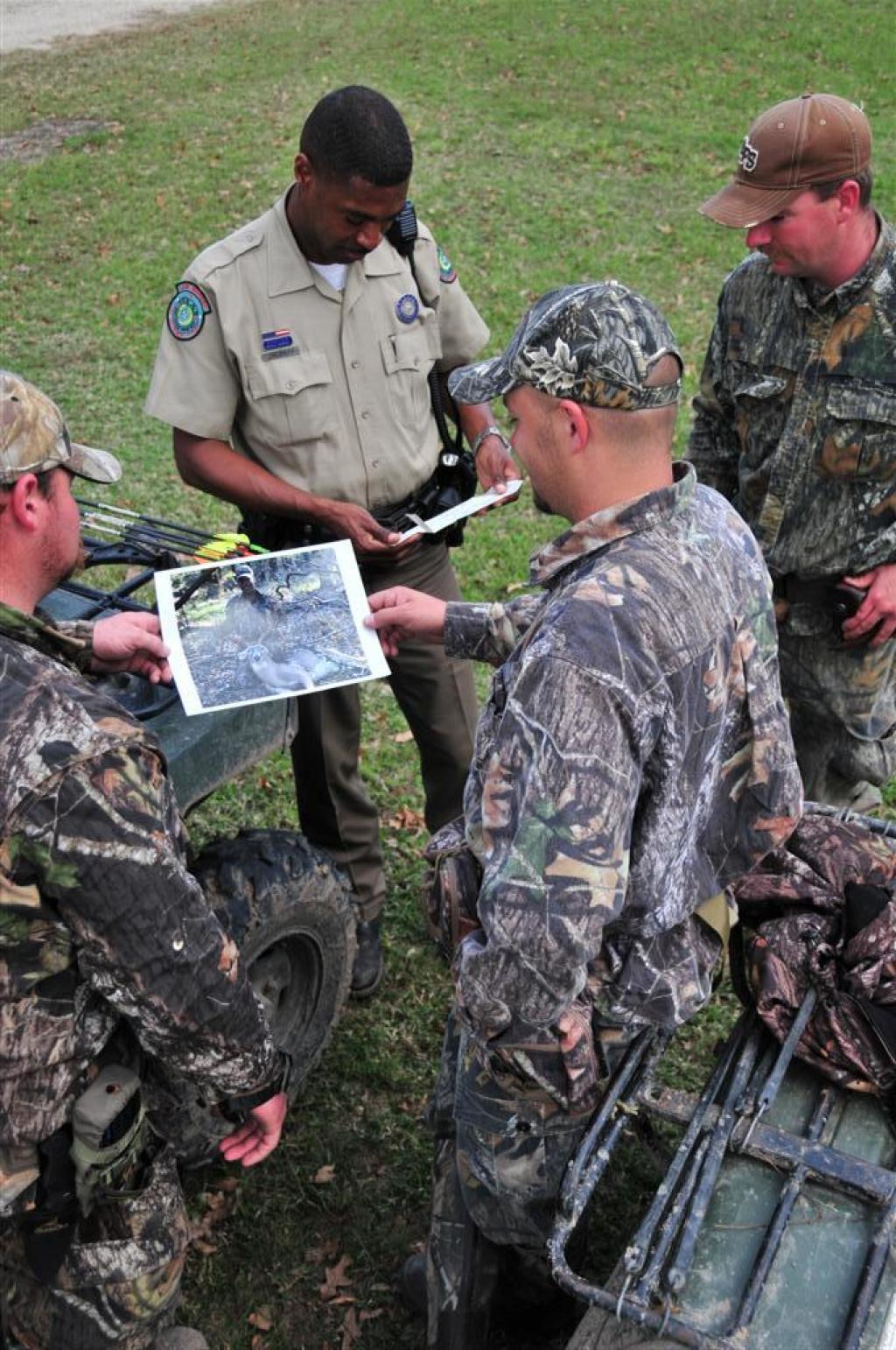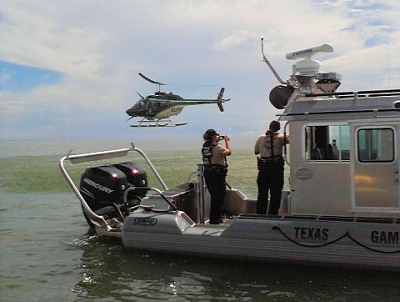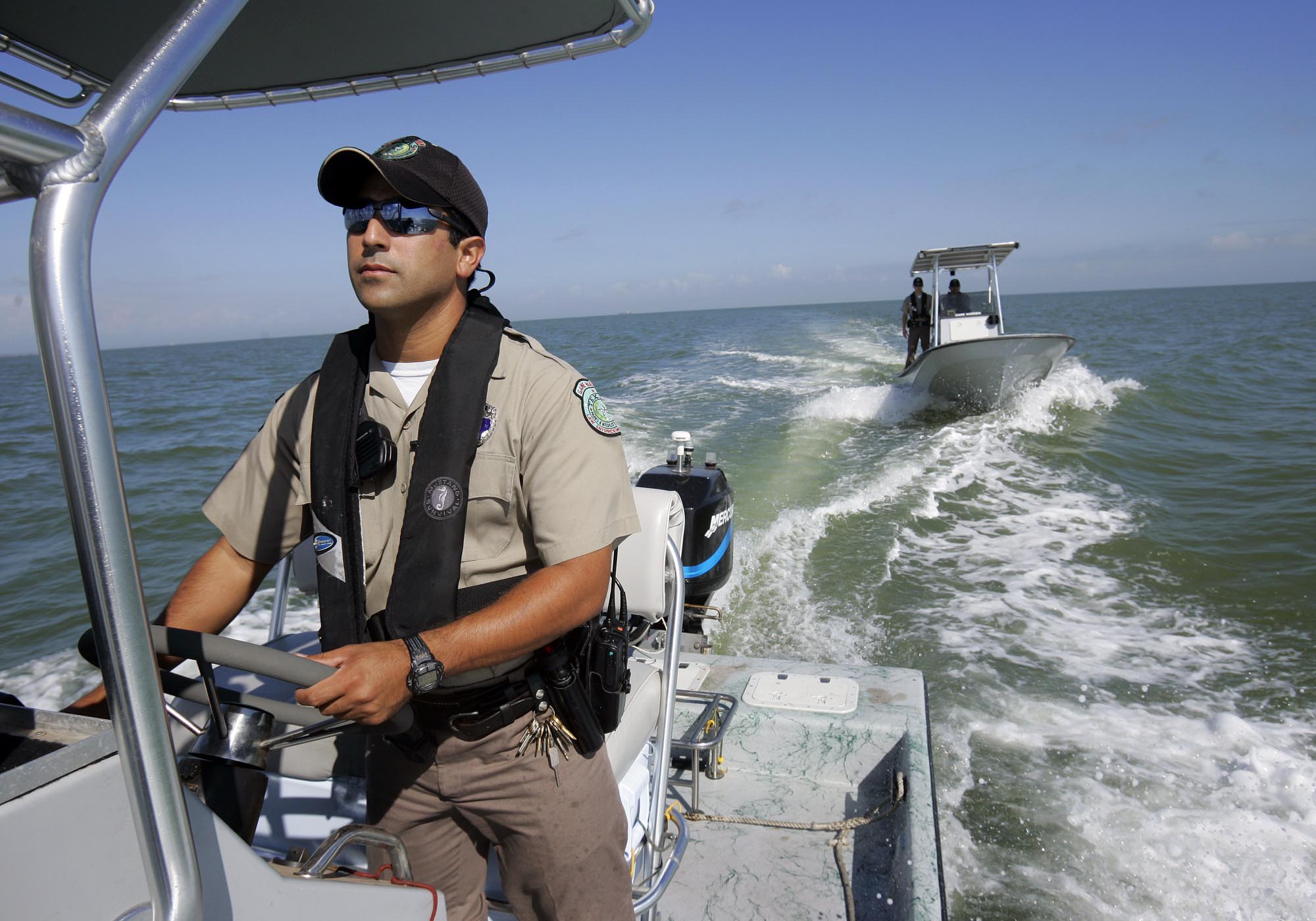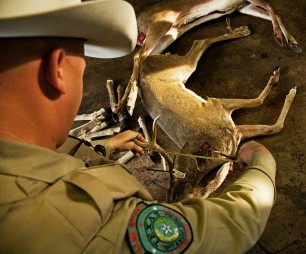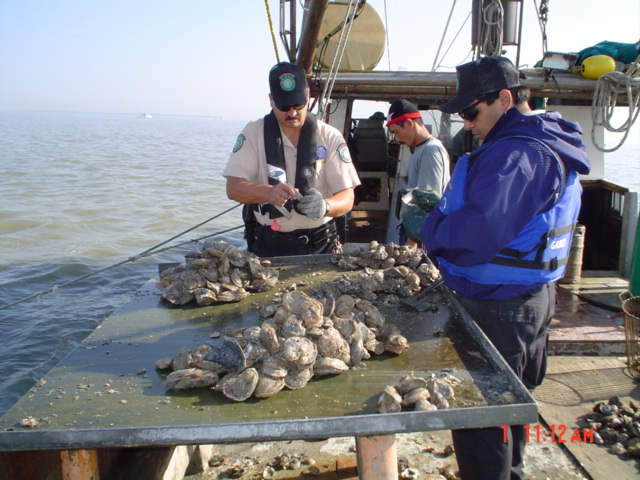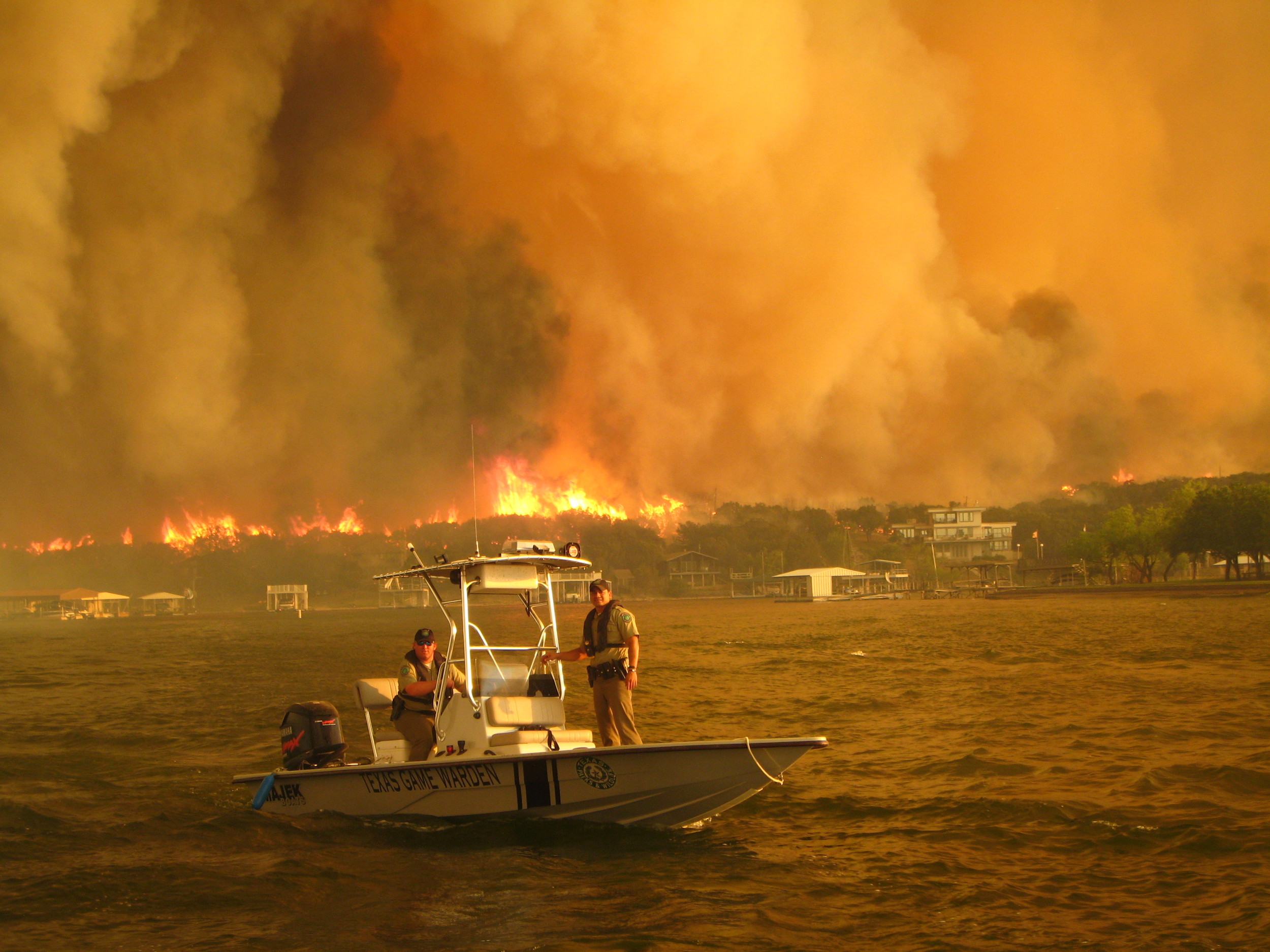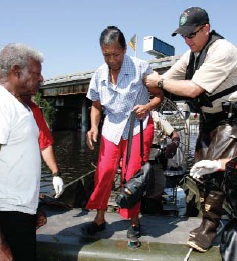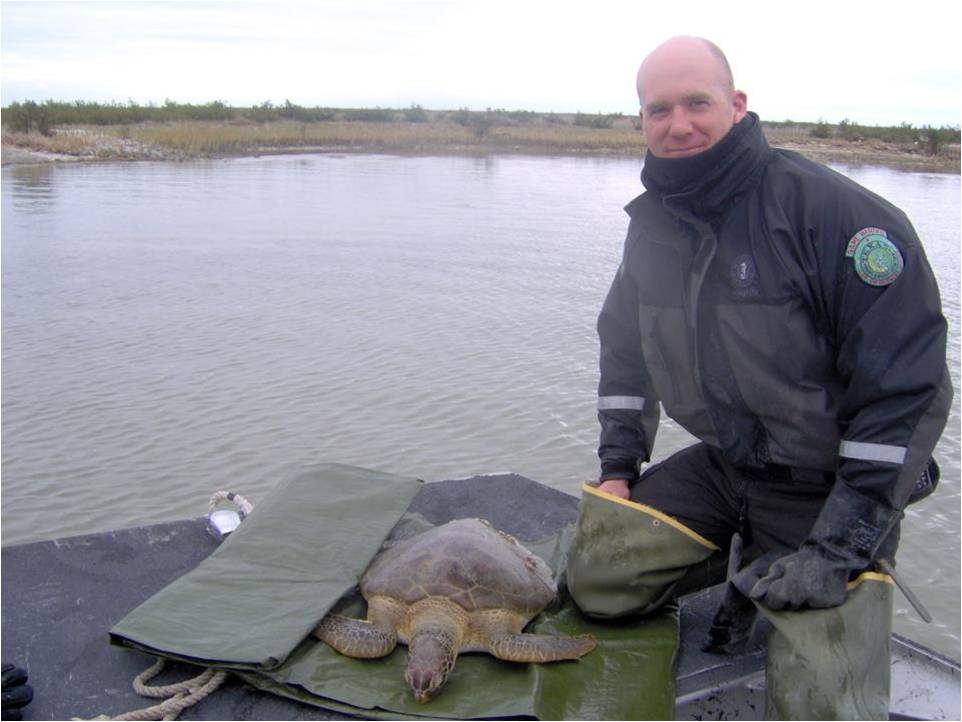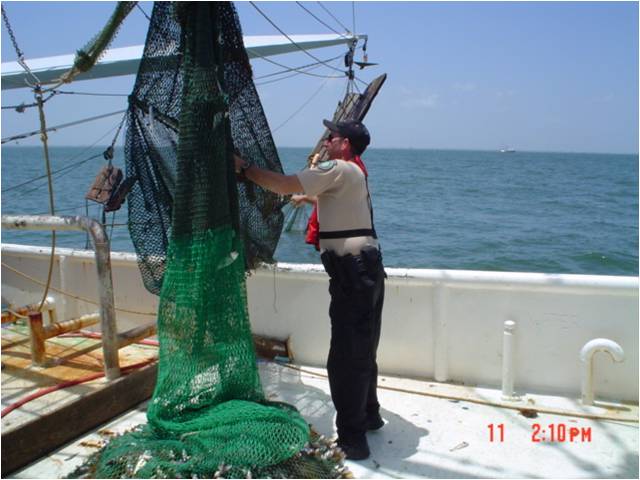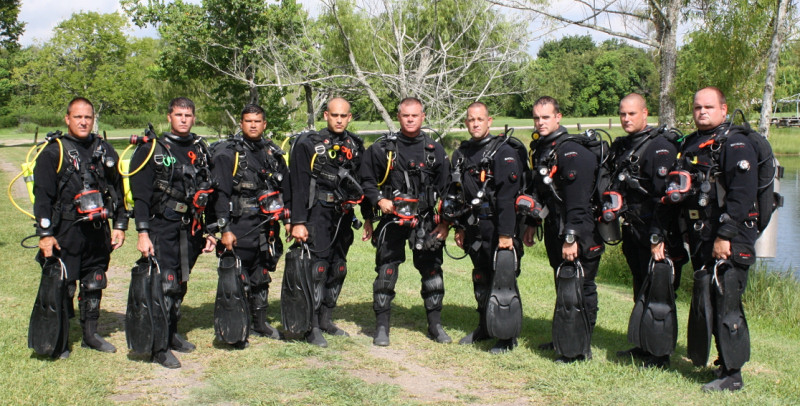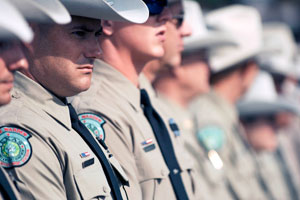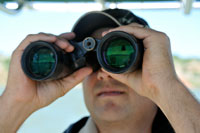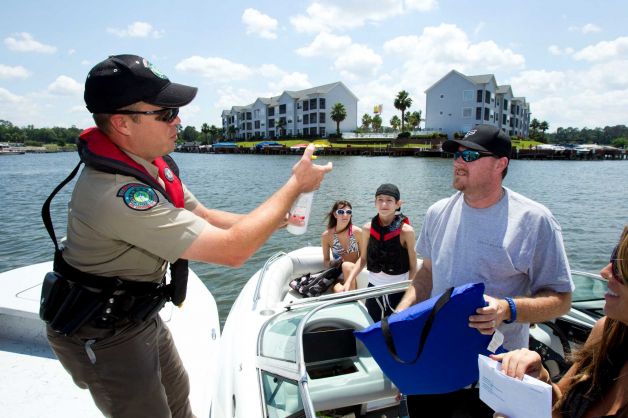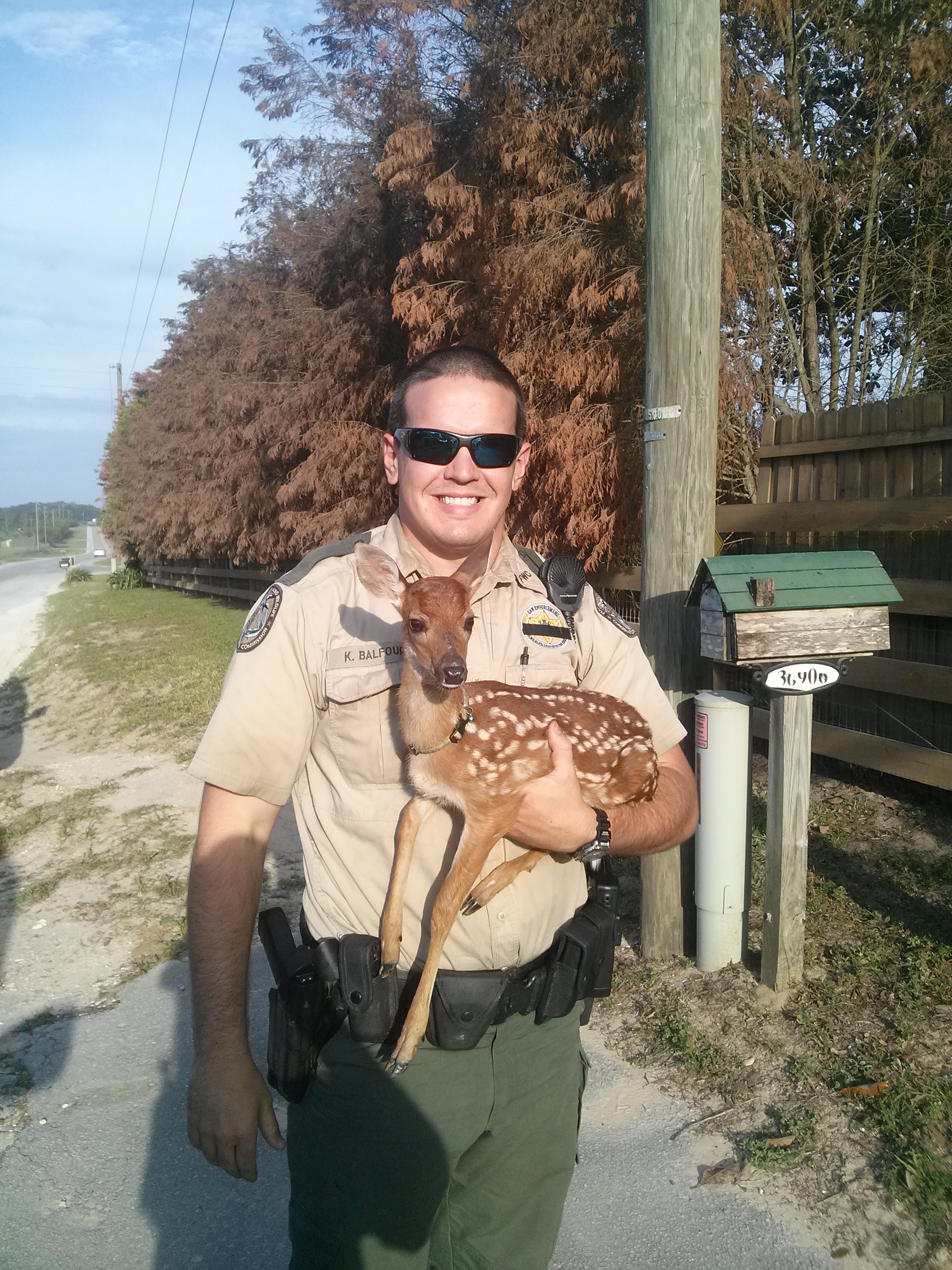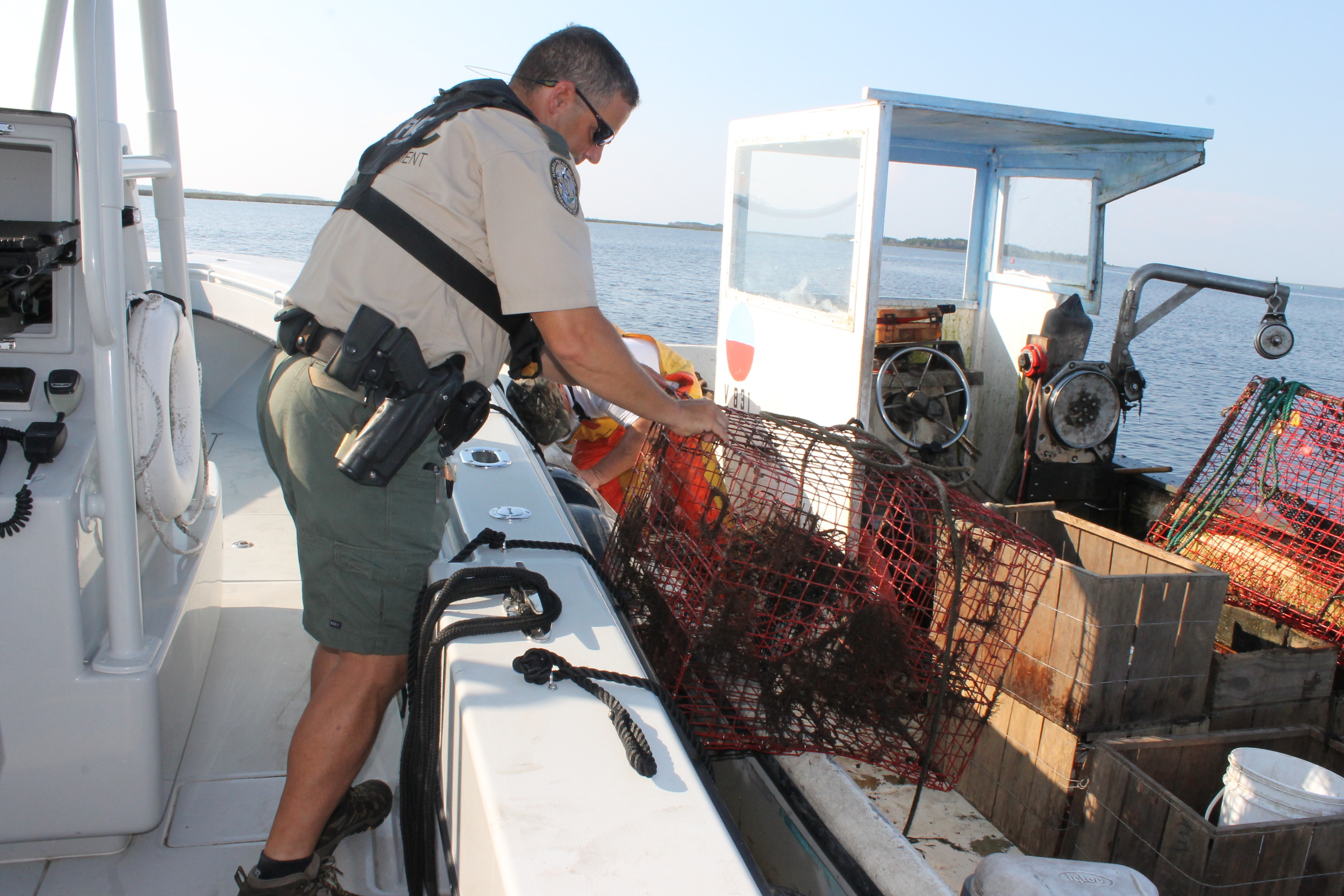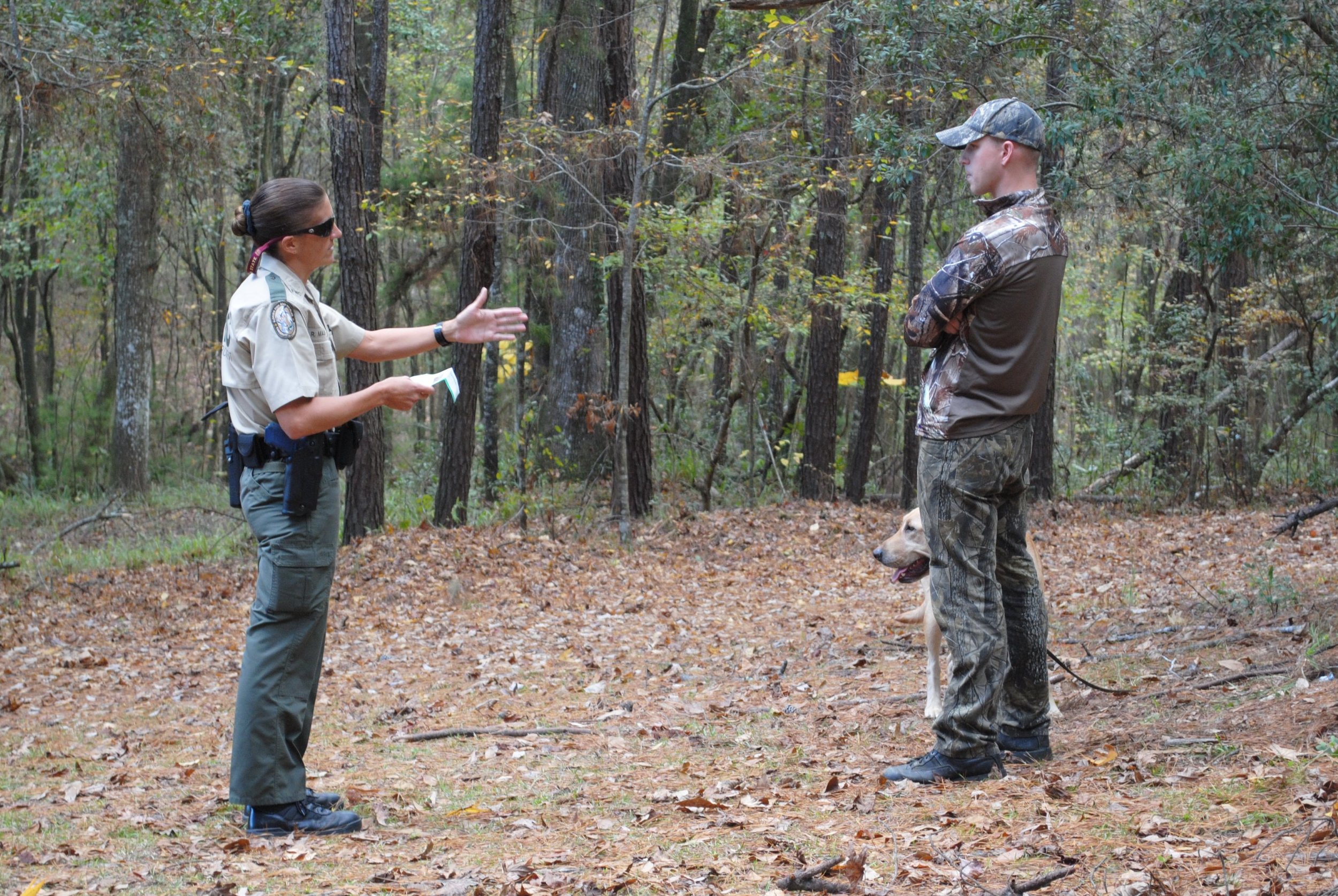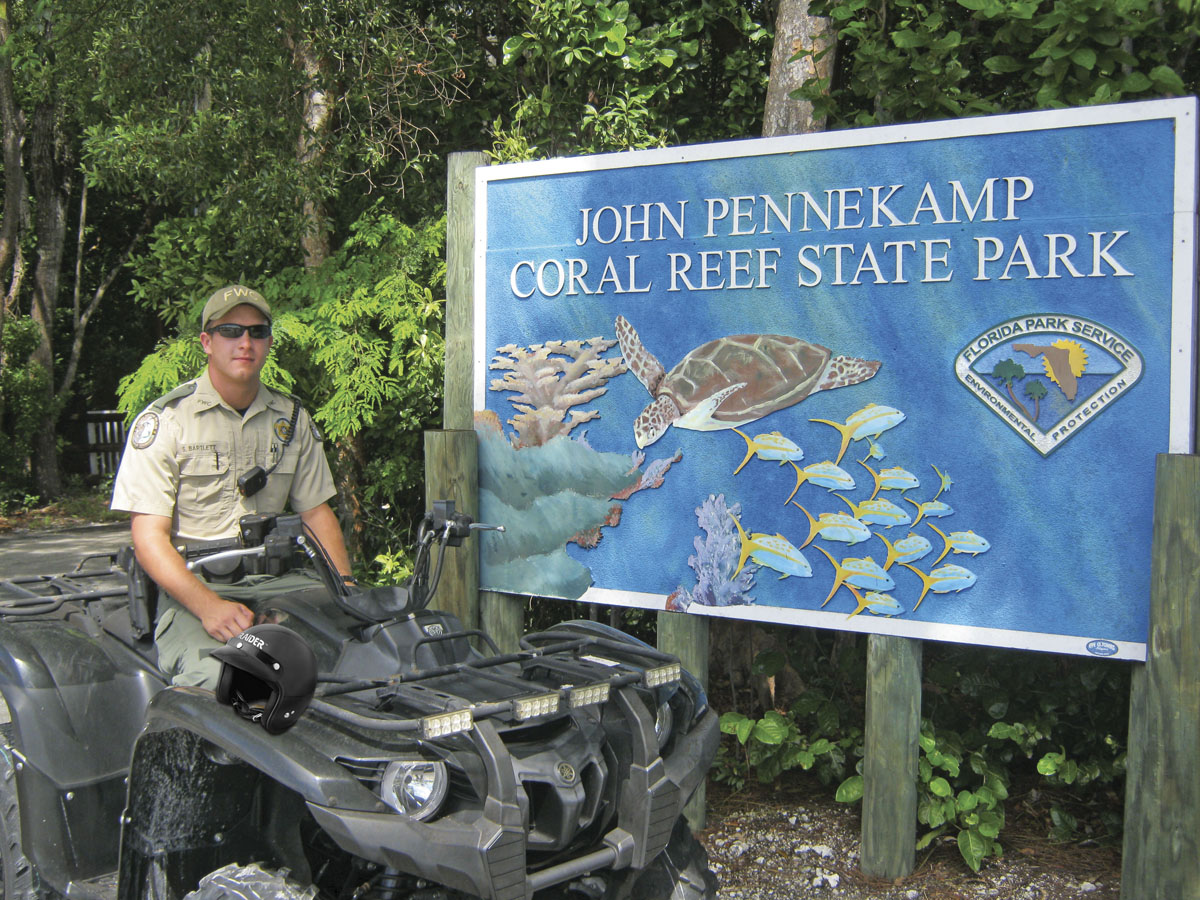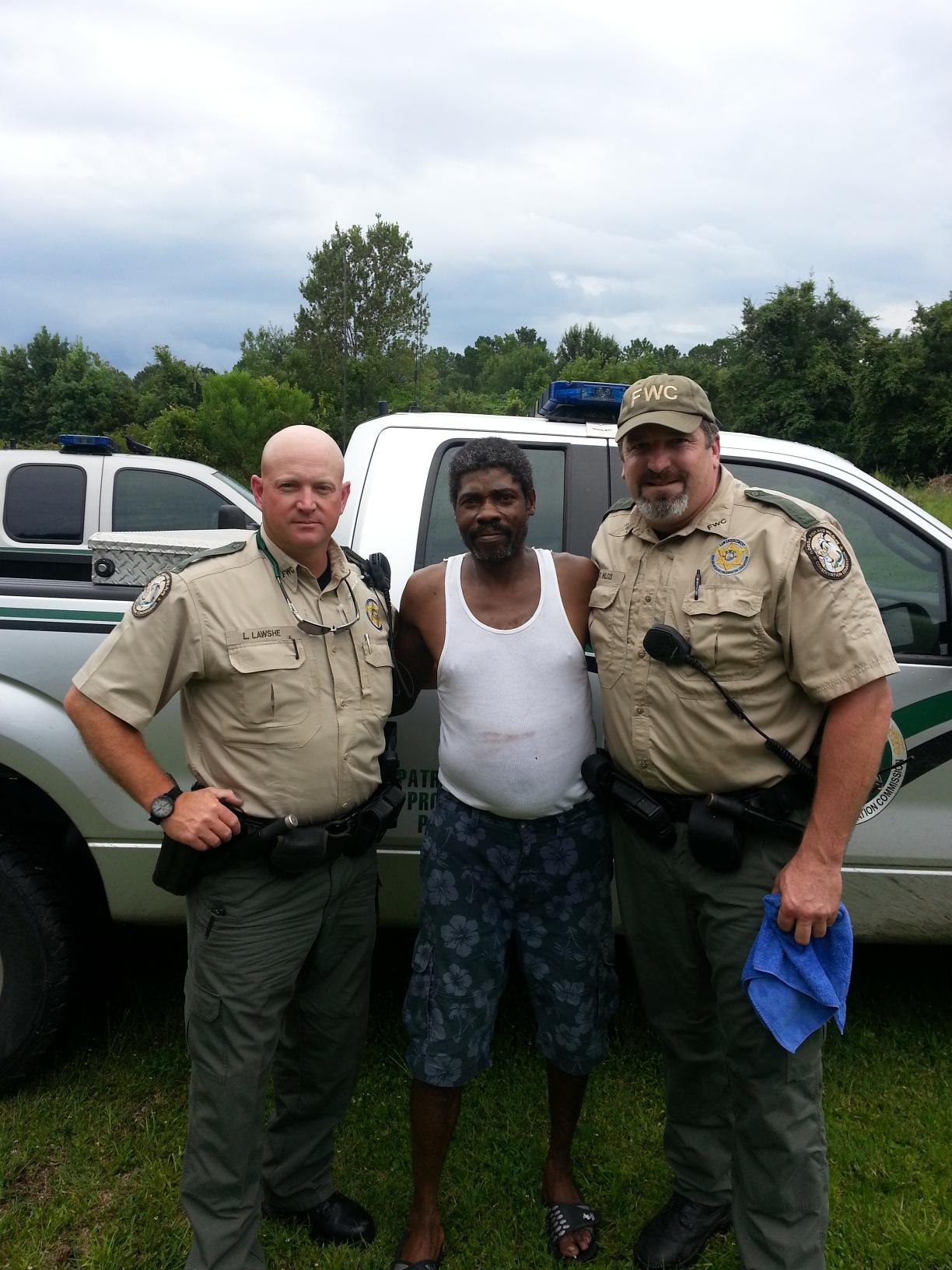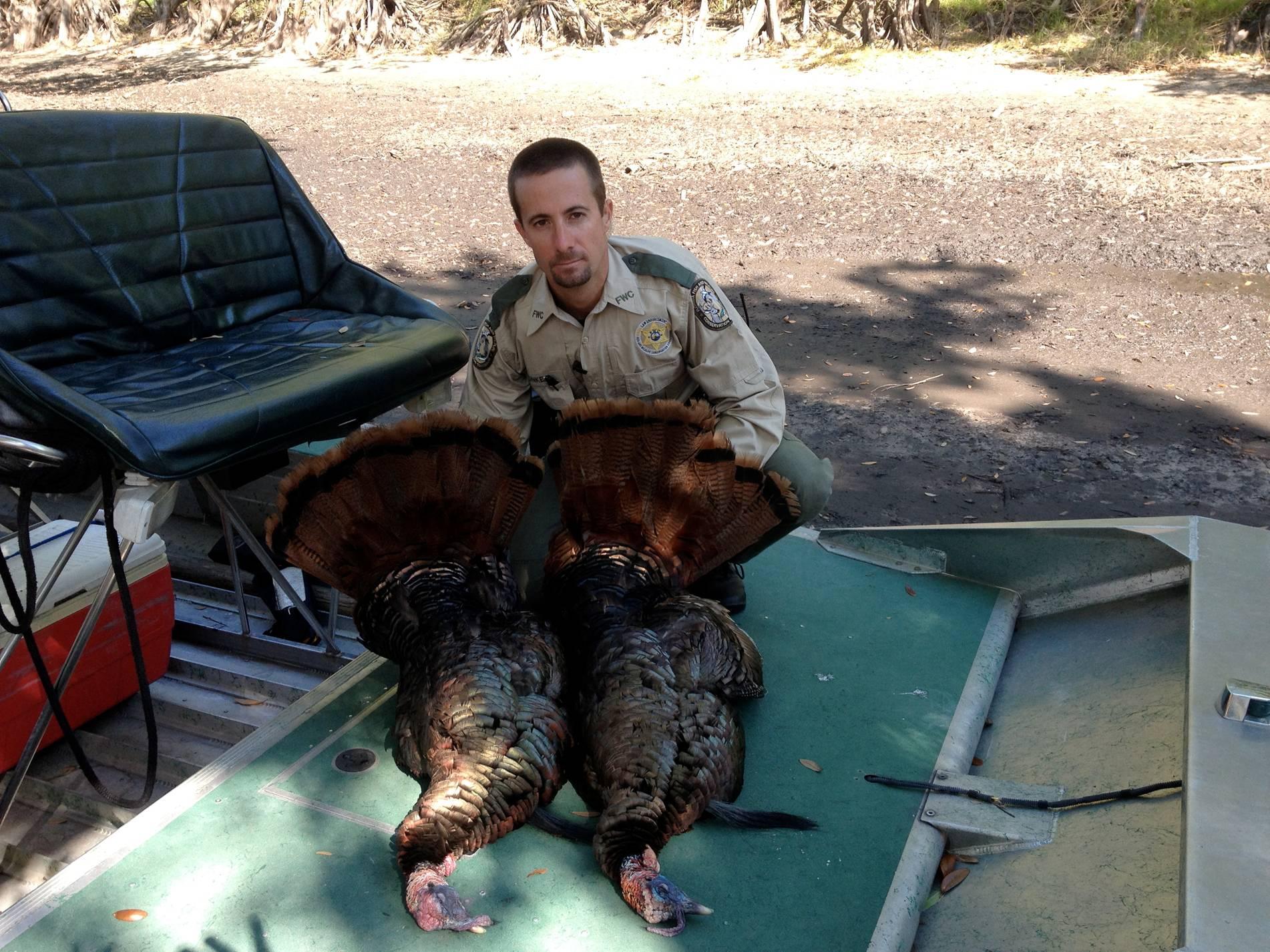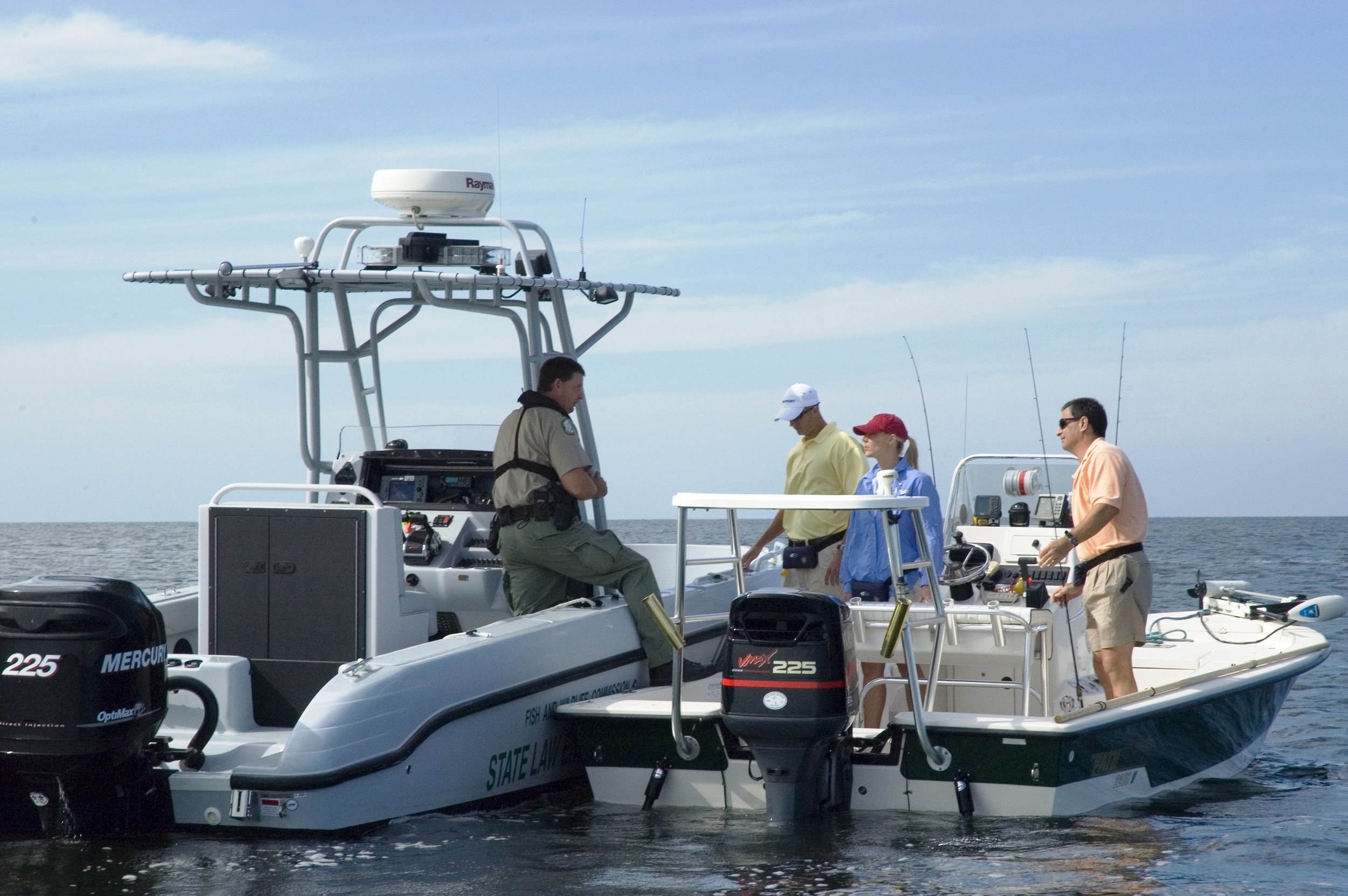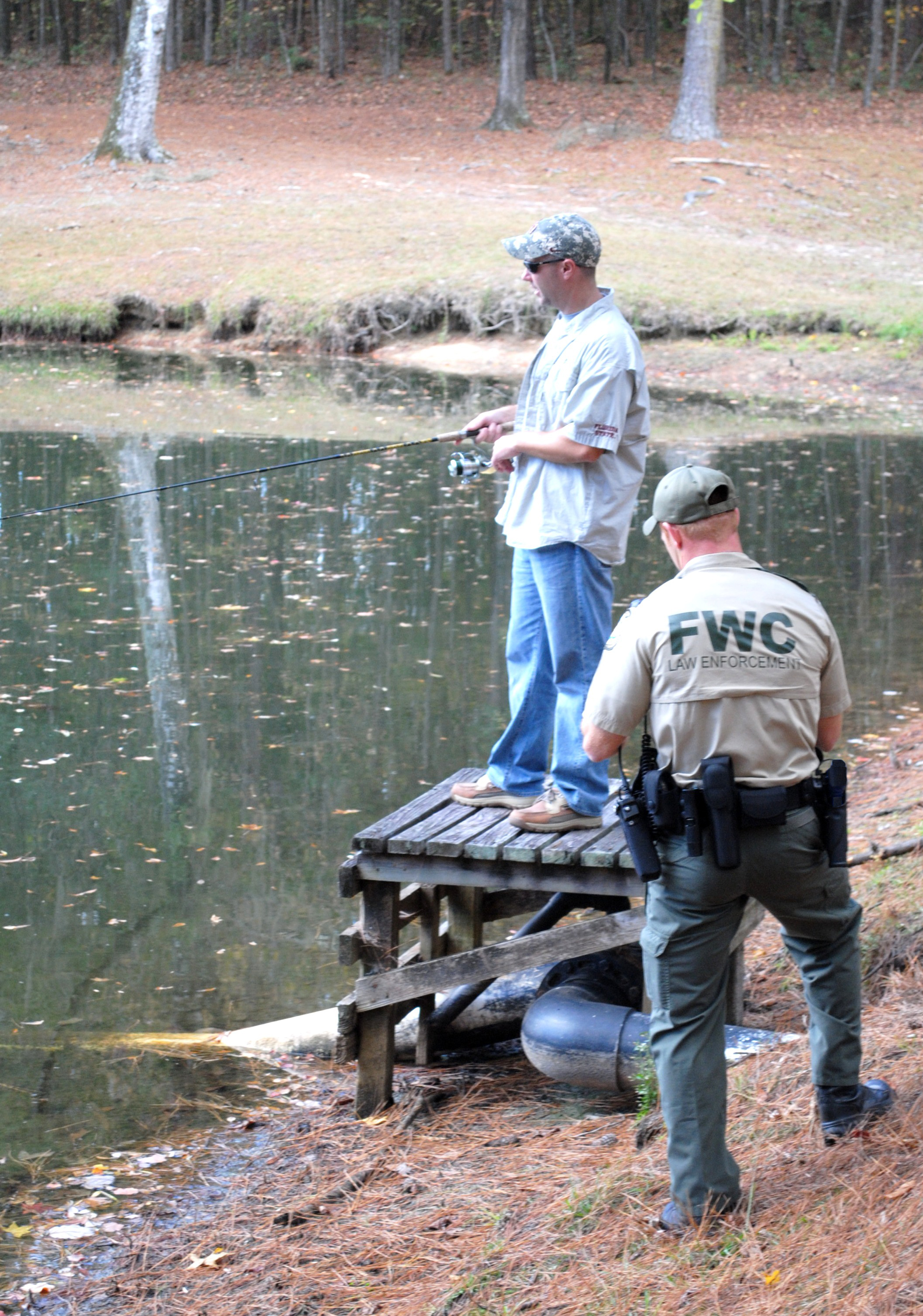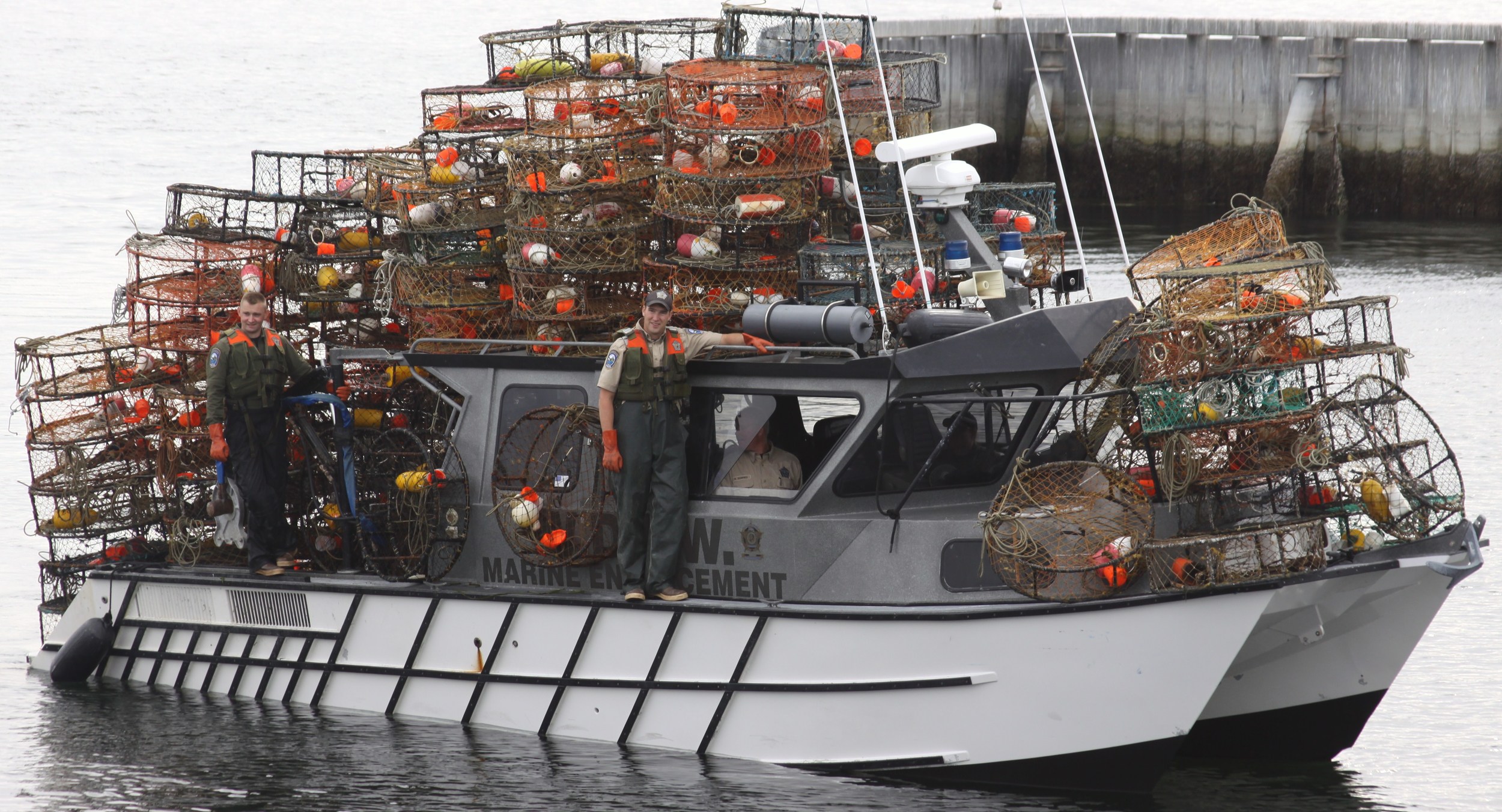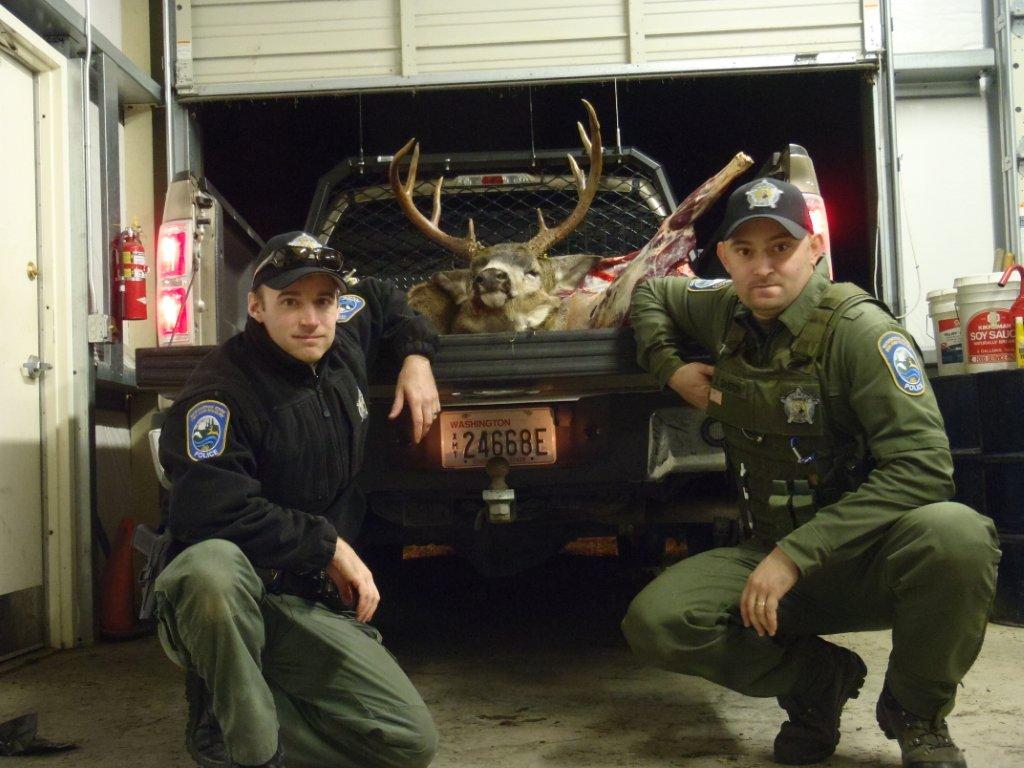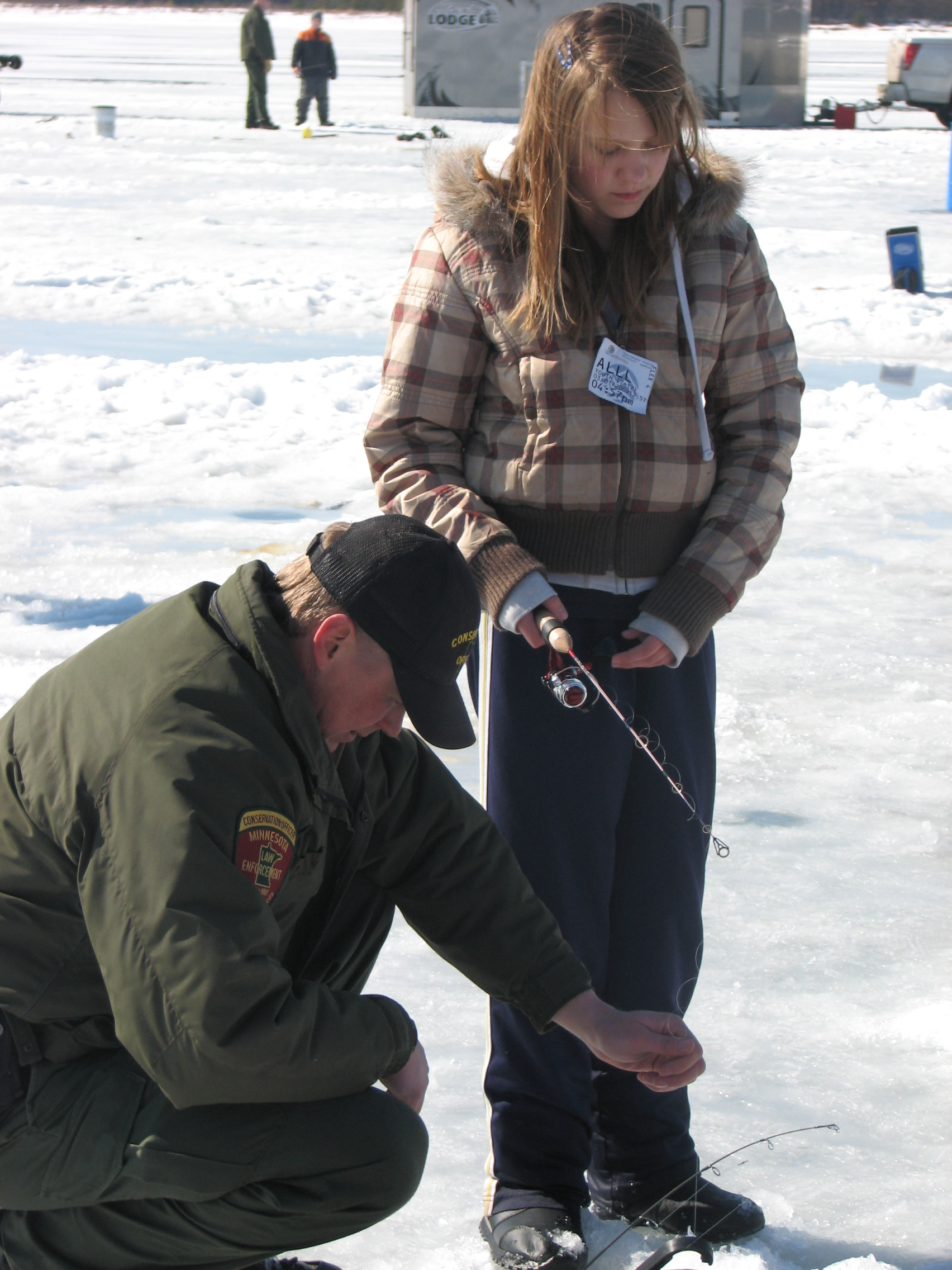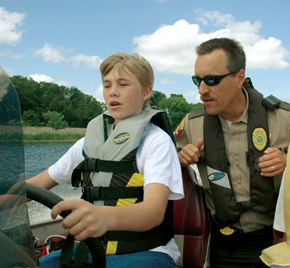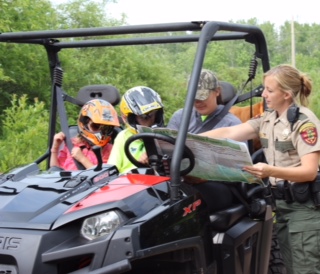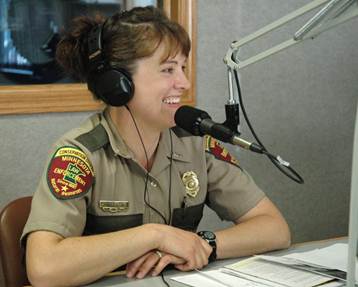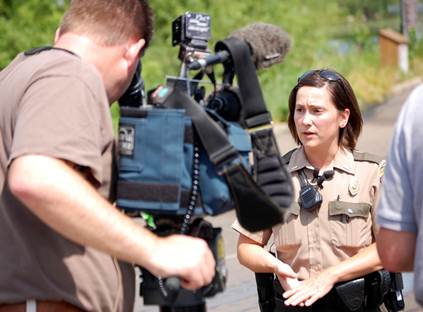In the United States, conservation law enforcement officers have many different titles: Game Warden, Conservation Officer, Conservation Warden, Game Ranger, etc. But they all have the same national mission - to protect people and natural resources. Conservation law enforcement officers are state and tribal law enforcement officers responsible for enforcing a wide range of laws related to conservation, outdoor recreation, and public safety. These generally include laws pertaining to hunting, fishing, trapping, boating, snowmobiling, ATVing, Off-Road Vehicles, habitat preservation, and environmental protection. Additionally, conservation law enforcement officers in most states also have general law enforcement authority, which means they can effect arrests for most crimes, including traffic and other general violations of the law.
Conservation law enforcement officers have broad duties within the law enforcement spectrum, from ensuring that licensing requirements are met by hunters, fishermen, and trappers to conducting detailed investigations in order to solve wildlife crimes or determine the cause of a fatal recreational vehicle accident.
In a typical work week, these officers may focus their efforts on activities ranging from patrolling waterways or snowmobile trails to detect and arrest individuals found operating under the influence of alcohol, patrolling lakes, rivers, oceans, fields and forests checking for compliance with fish and game laws, or participate in a search and rescue mission. Officers may also be responsible for investigating hunting, boating, snowmobile and all-terrian vehicle deaths, injuries and accidents. Some investigate environmental crimes that pollute our clean air or public drinking water. Officers may also assist with wildlife management duties such as conducting surveys in a helicopter or fixed-wing airplane. They may assist landowners in finding solutions to wildlife damage problems. They may teach hunter education classes. Or they may initiate other public education programs in their local communities highlighting the importance of wildlife management, habitat conservation, sustainable use of our natural resources, and the responsibility everyone has in passing on our natural resources to future generations. The work officers do is very important to everyone's future.
While some aspects of the competency profile of a game warden Theodore Roosevelt envisioned in the late 19th century may still apply, today's conservation officers have adapted to the new realities they face in protecting people and natural resources in the 21st century. Today's officers use DNA, ballistics, fingerprints, digital footprints, and many other types of comparative evidence and cutting-edge technologies to prosecute criminals who illegally kill wildlife or commit other natural resource crimes. Most officers across the country now have a "high-tech office on wheels in the field" that is equipped with state-of-the-art computers, sophisticated communication equipment, and other patrol technology. In addition to enforcers of the law, conservation law enforcement officers of the 21st century are also effective educators and community collaborators in solving today's conservation challenges. So, while these officers continue to use some effective traditional strategies from the past, they pride themselves in adapting to continuously shifting new realities brought about through changes in social, technological, environmental, and economic circumstances.
Our Story
The National Association of Conservation Law Enforcement Chiefs was formed in 1996 as an organization dedicated to providing a venue for state, federal, and international natural resources law enforcement agencies to discuss issues, collaborate to solve problems, and share best practices for conservation law enforcement.


